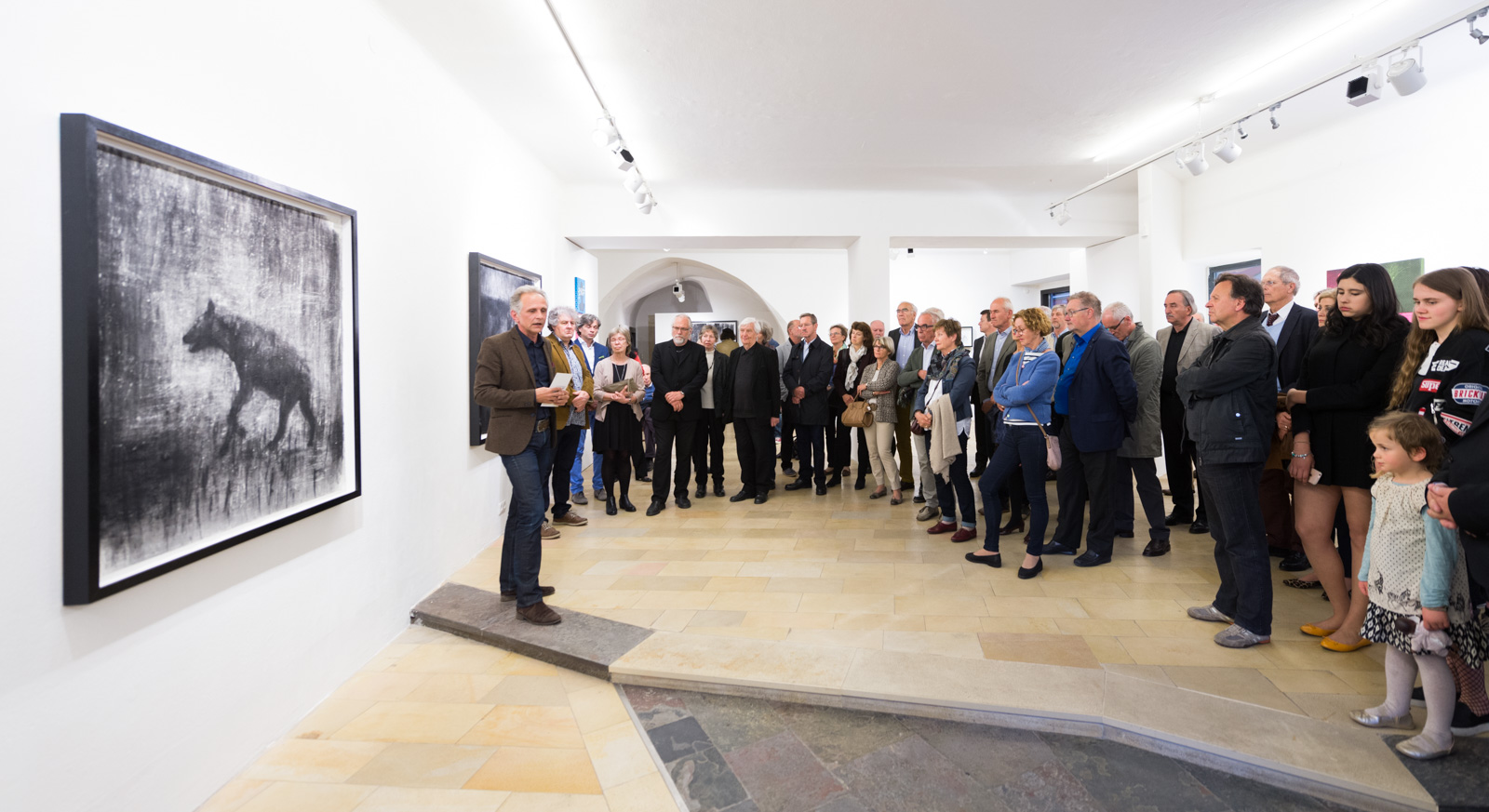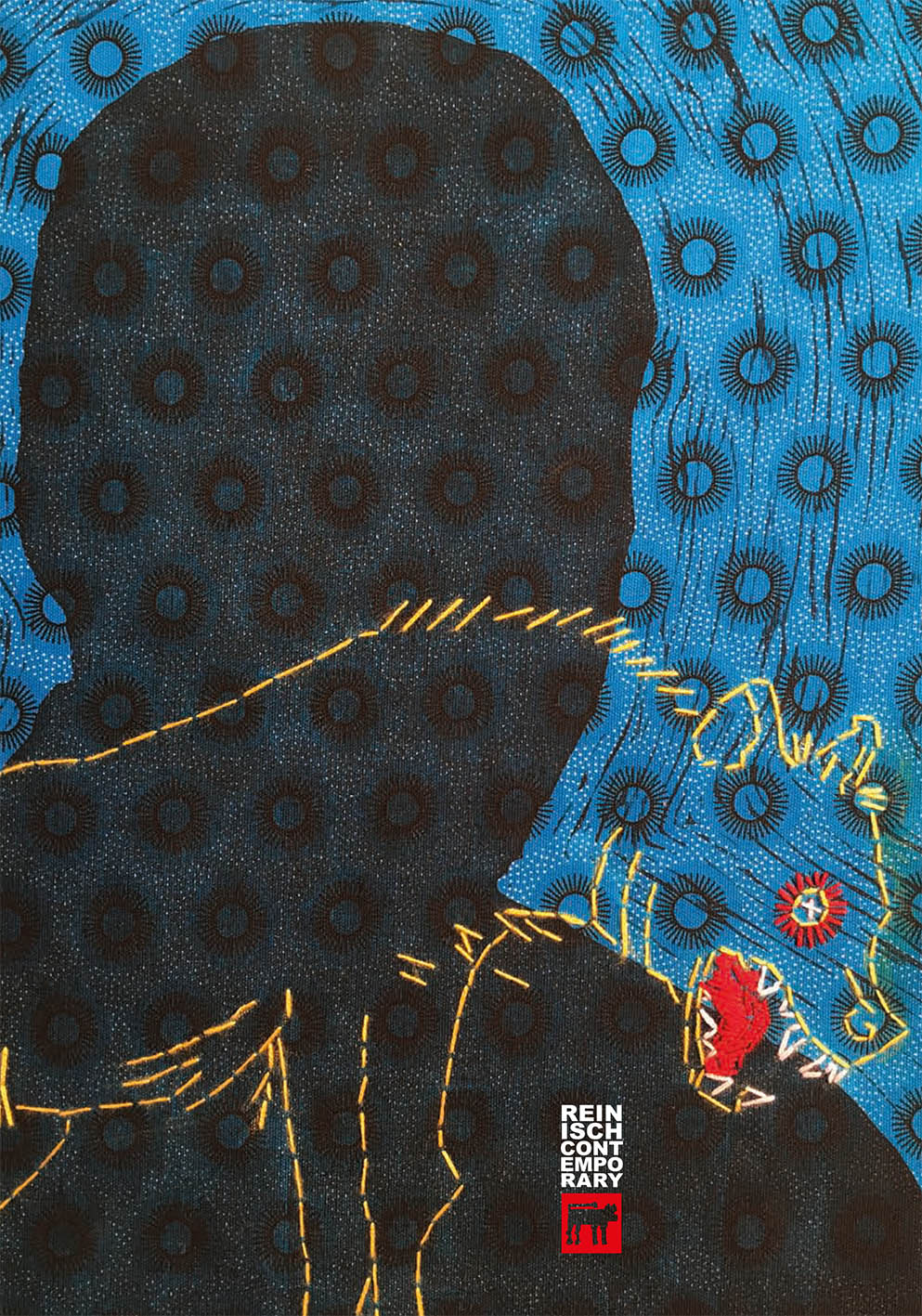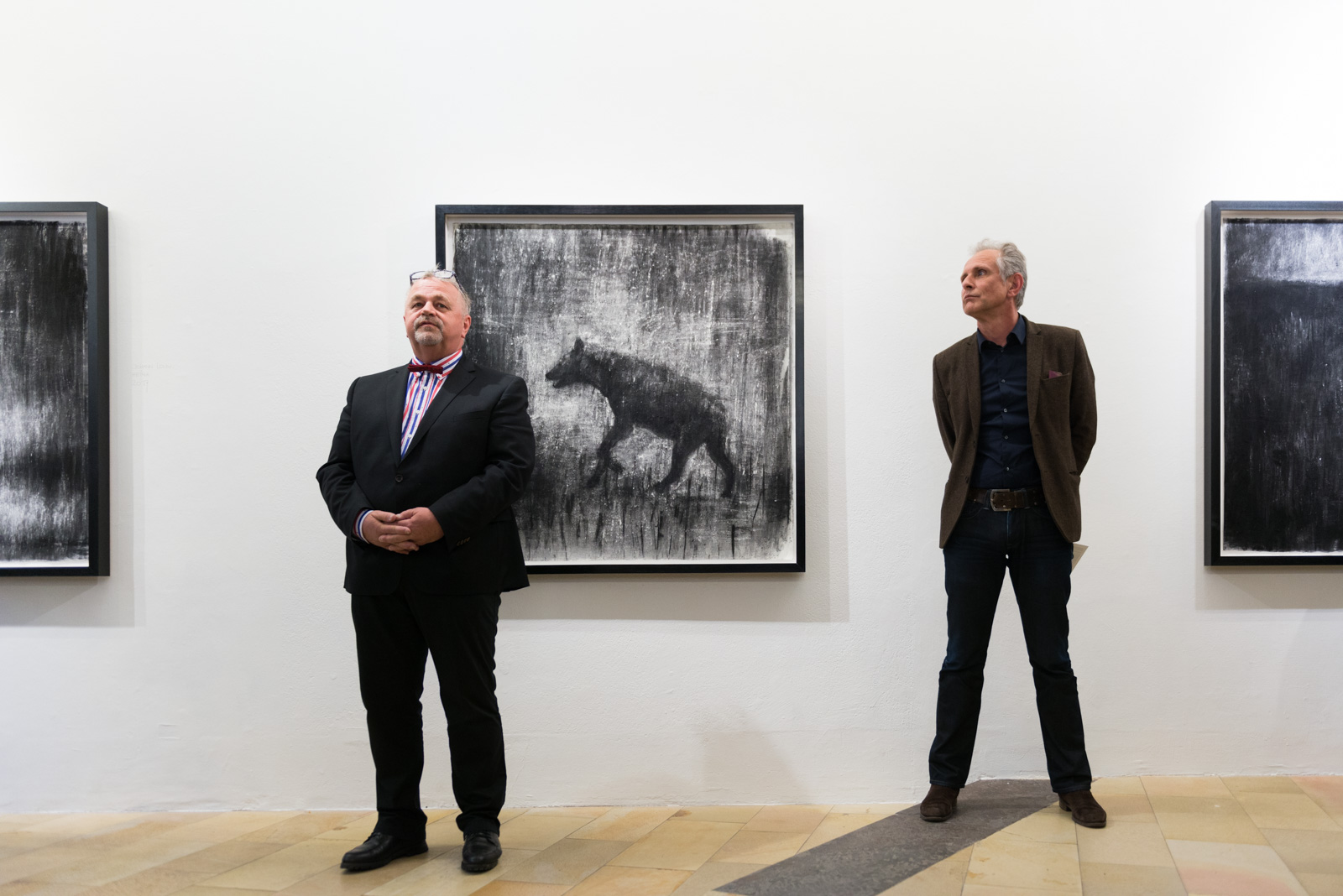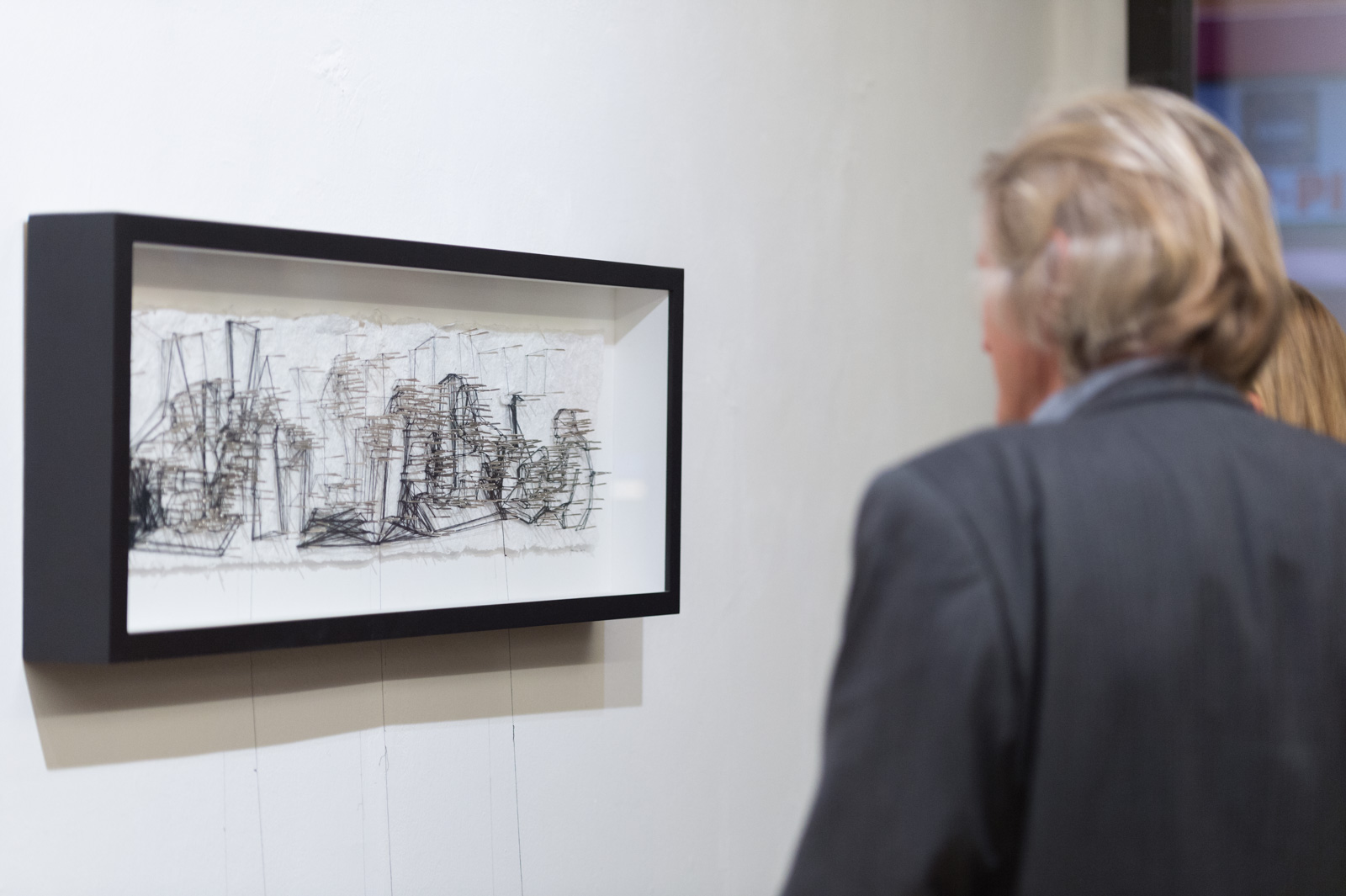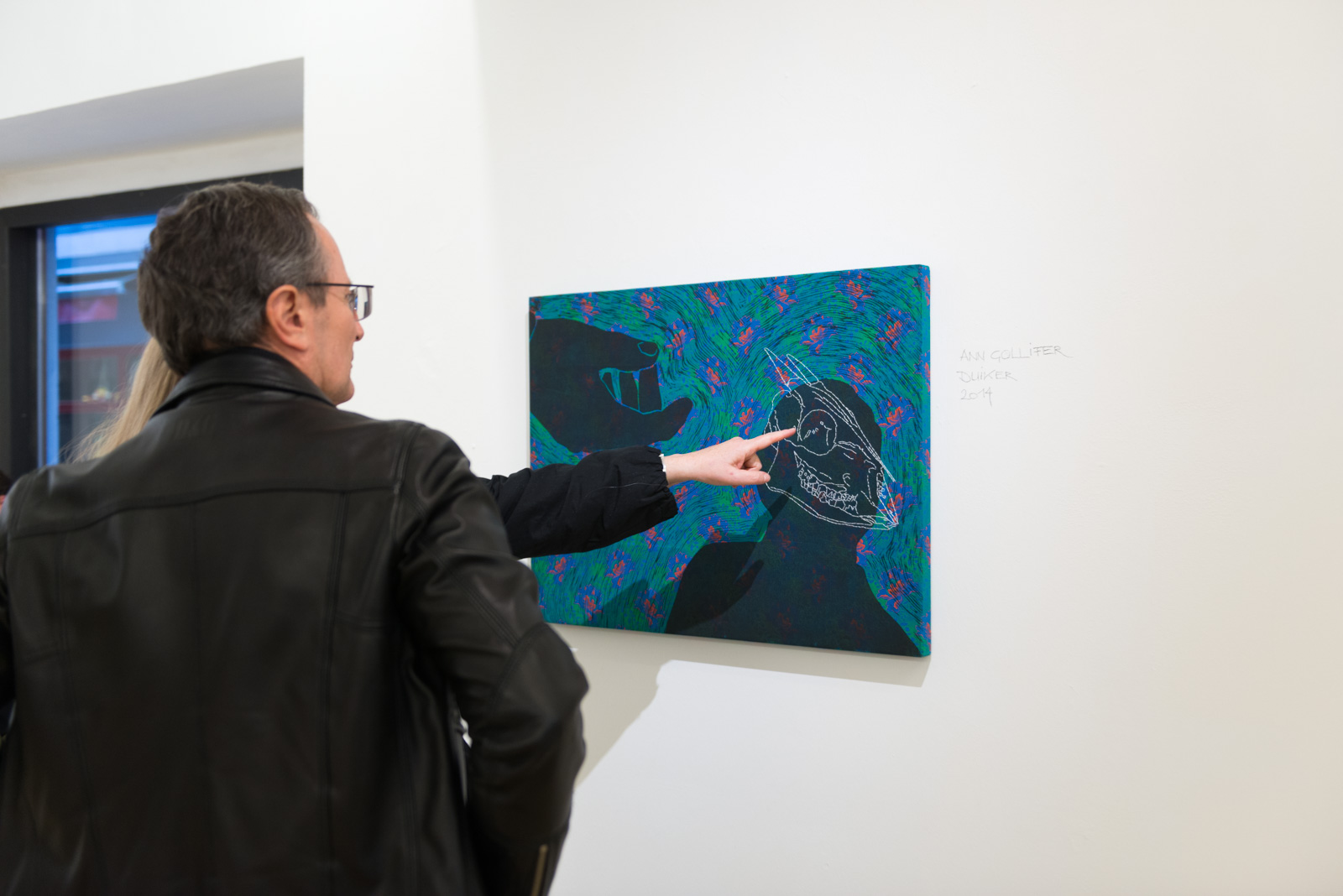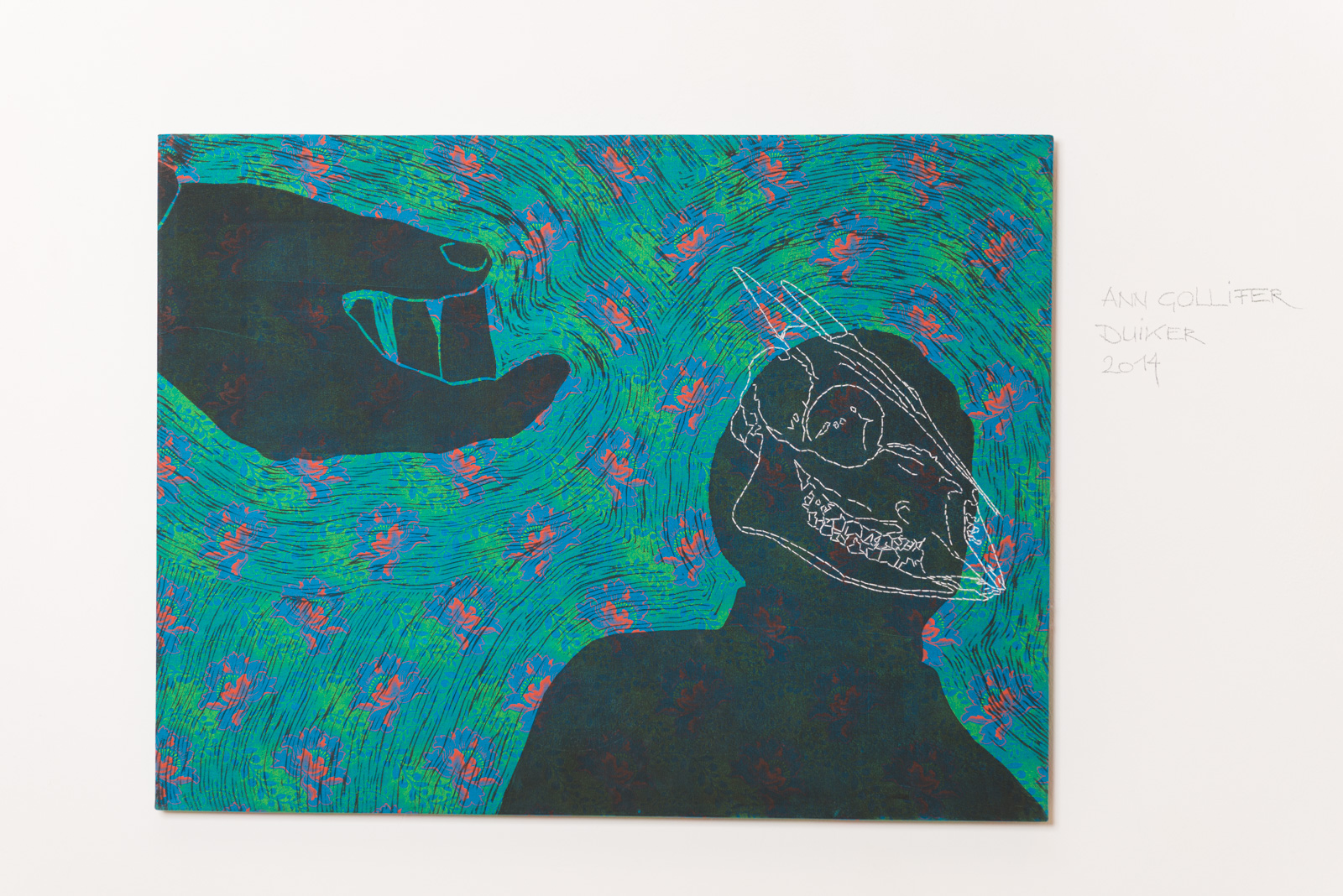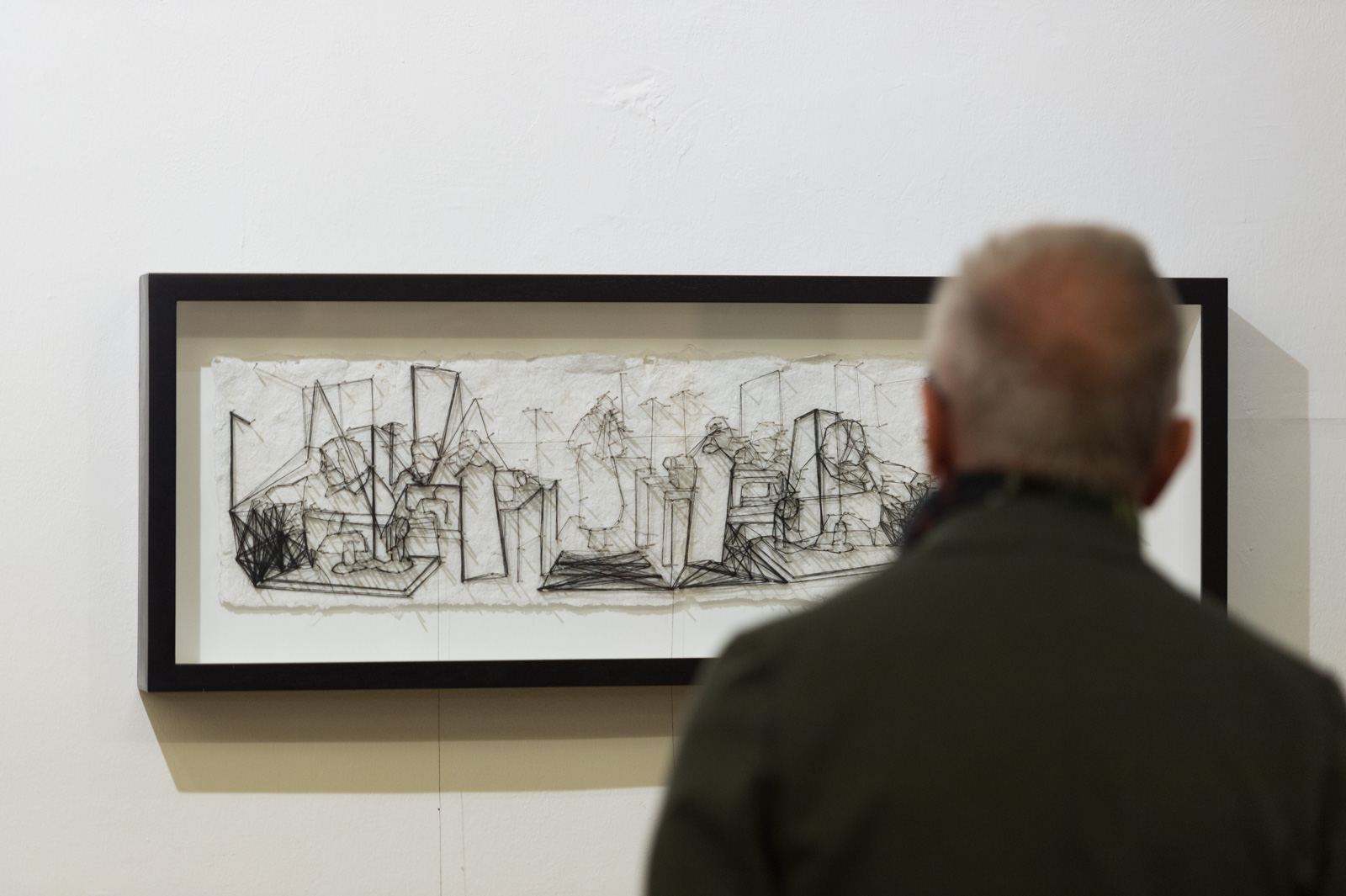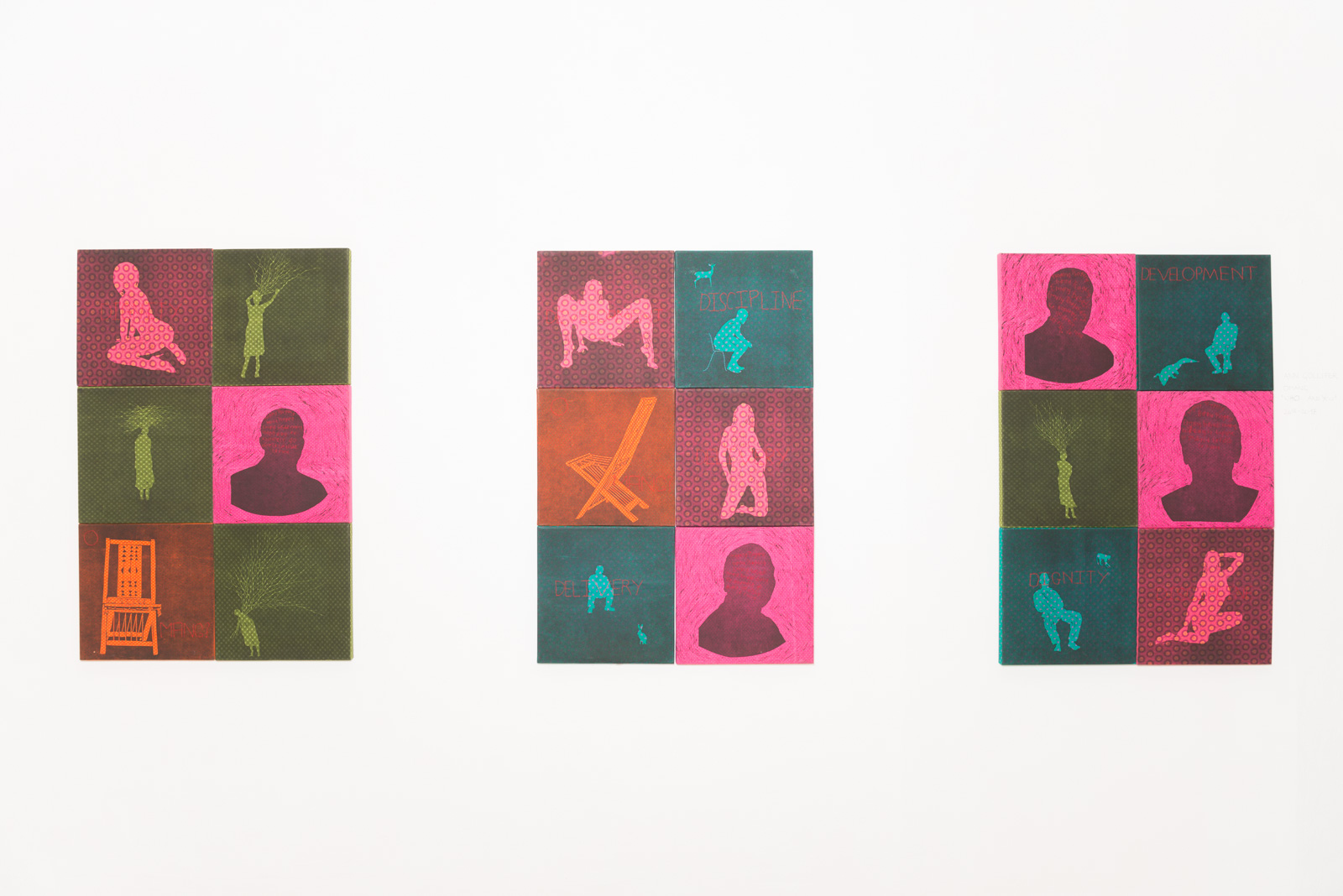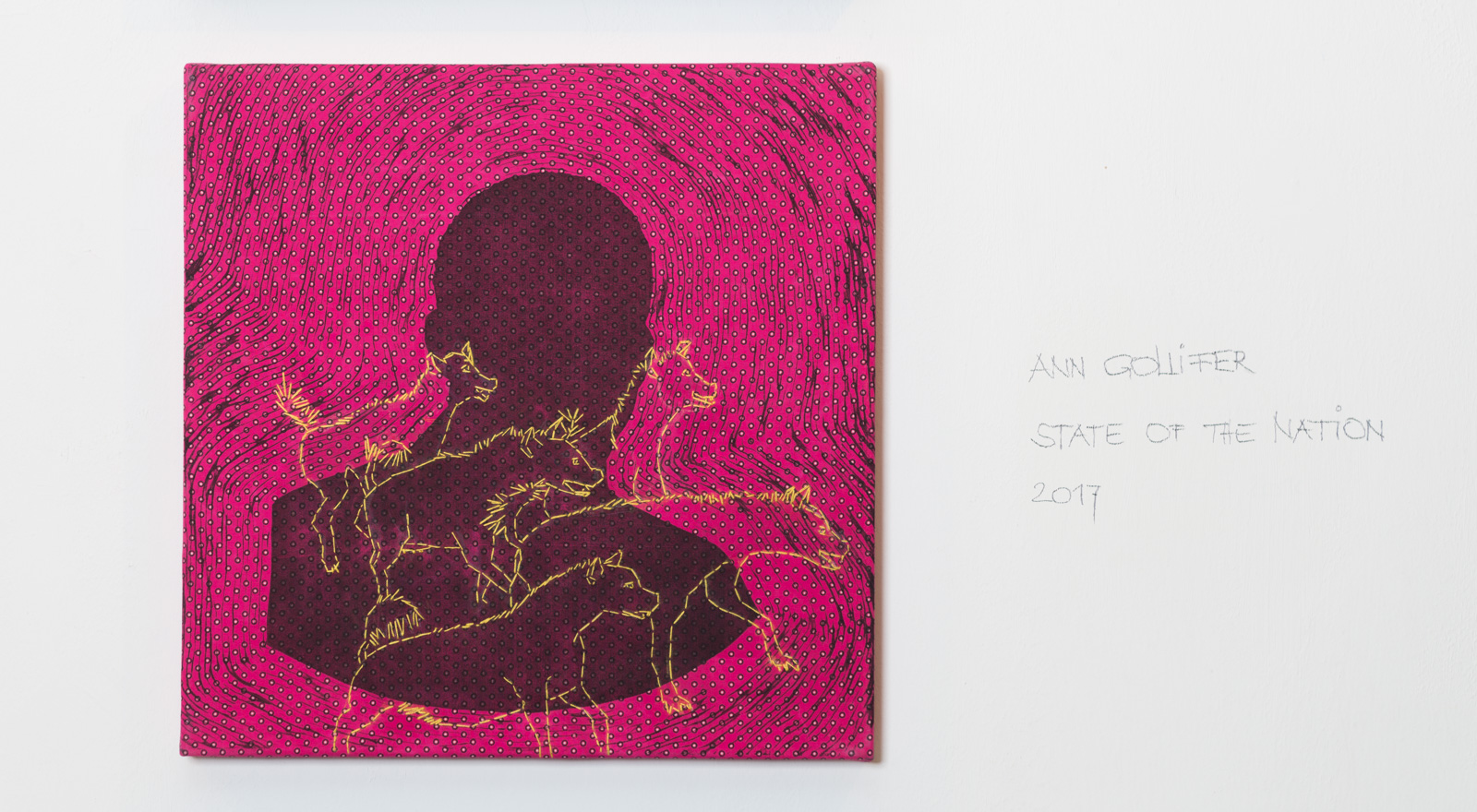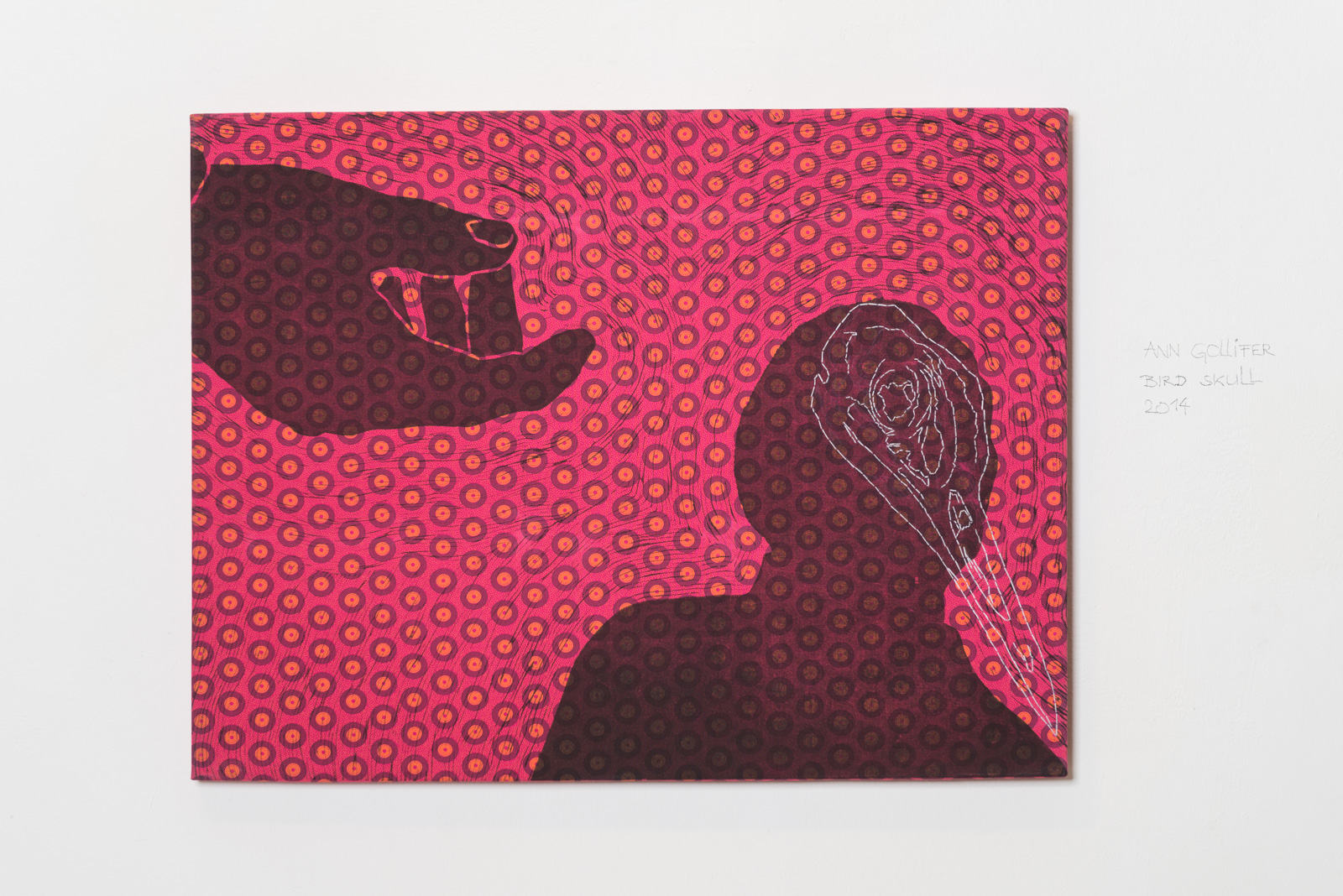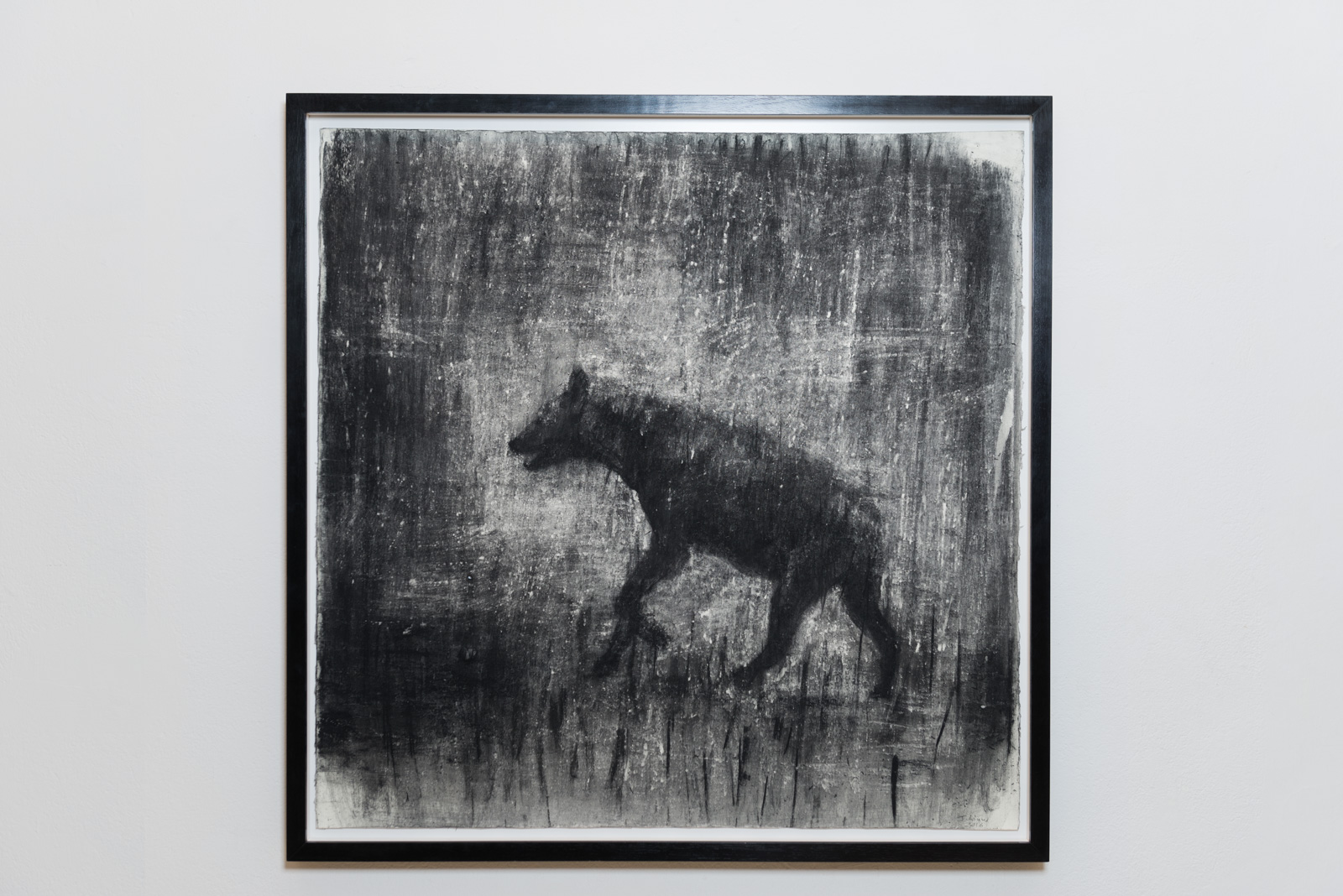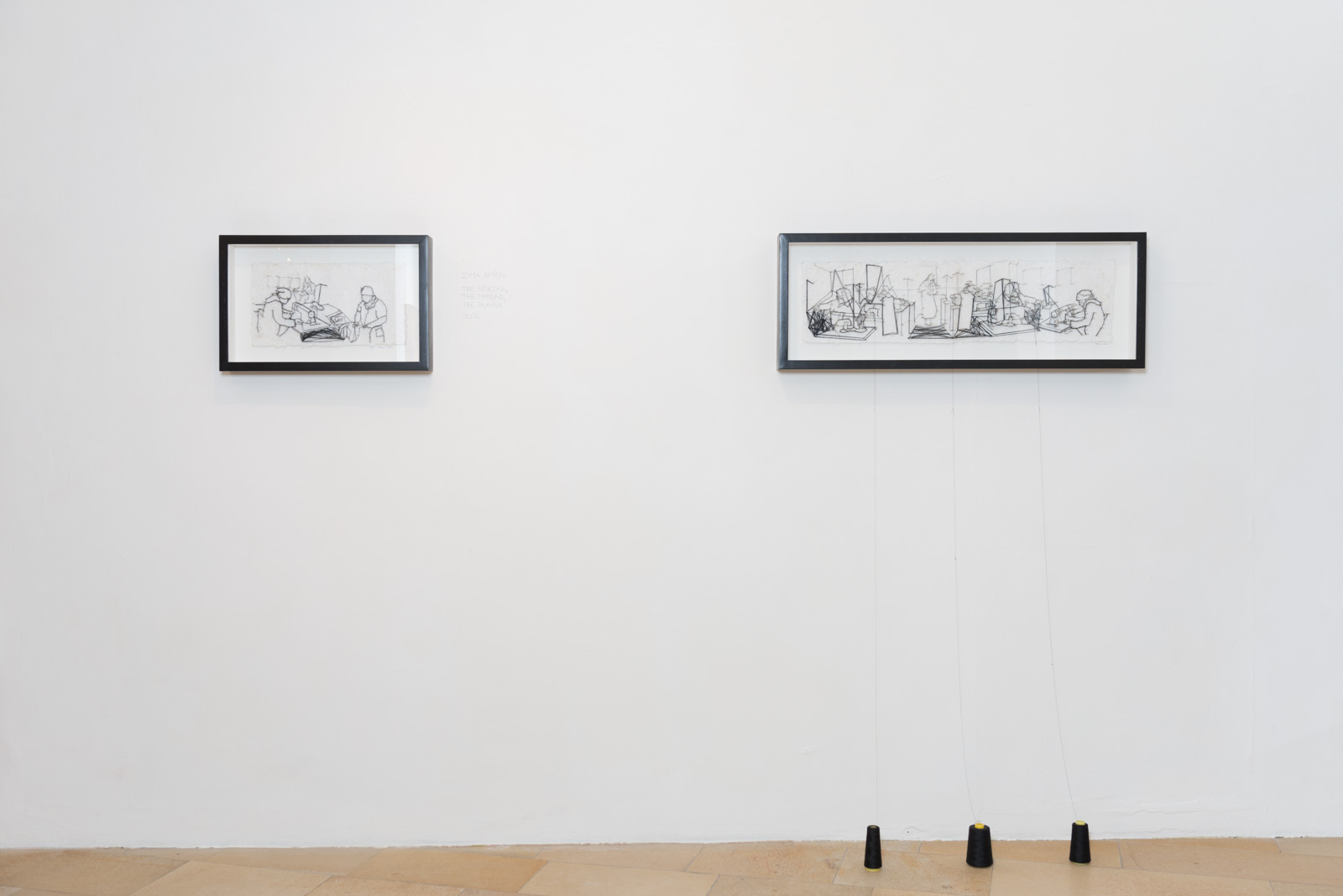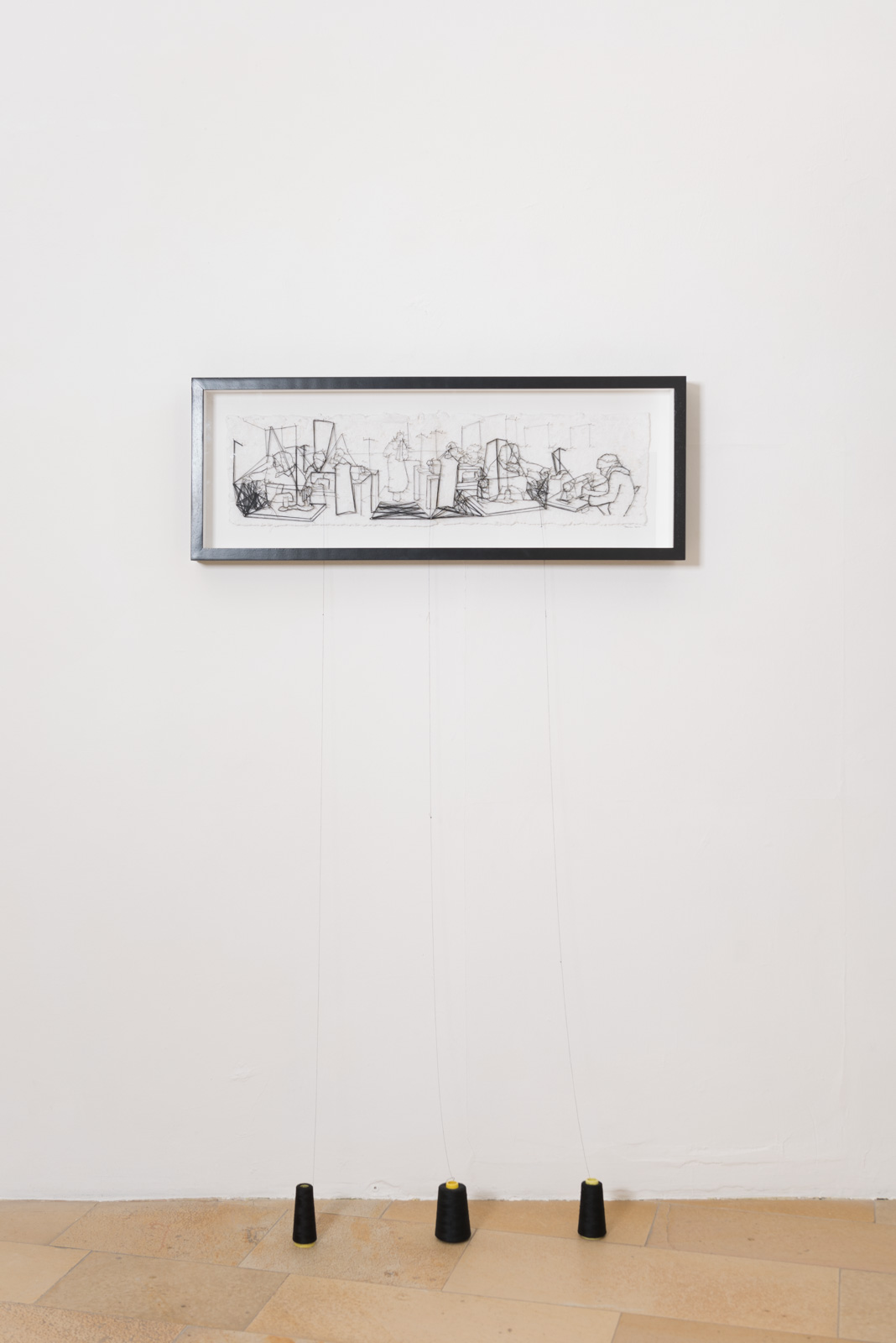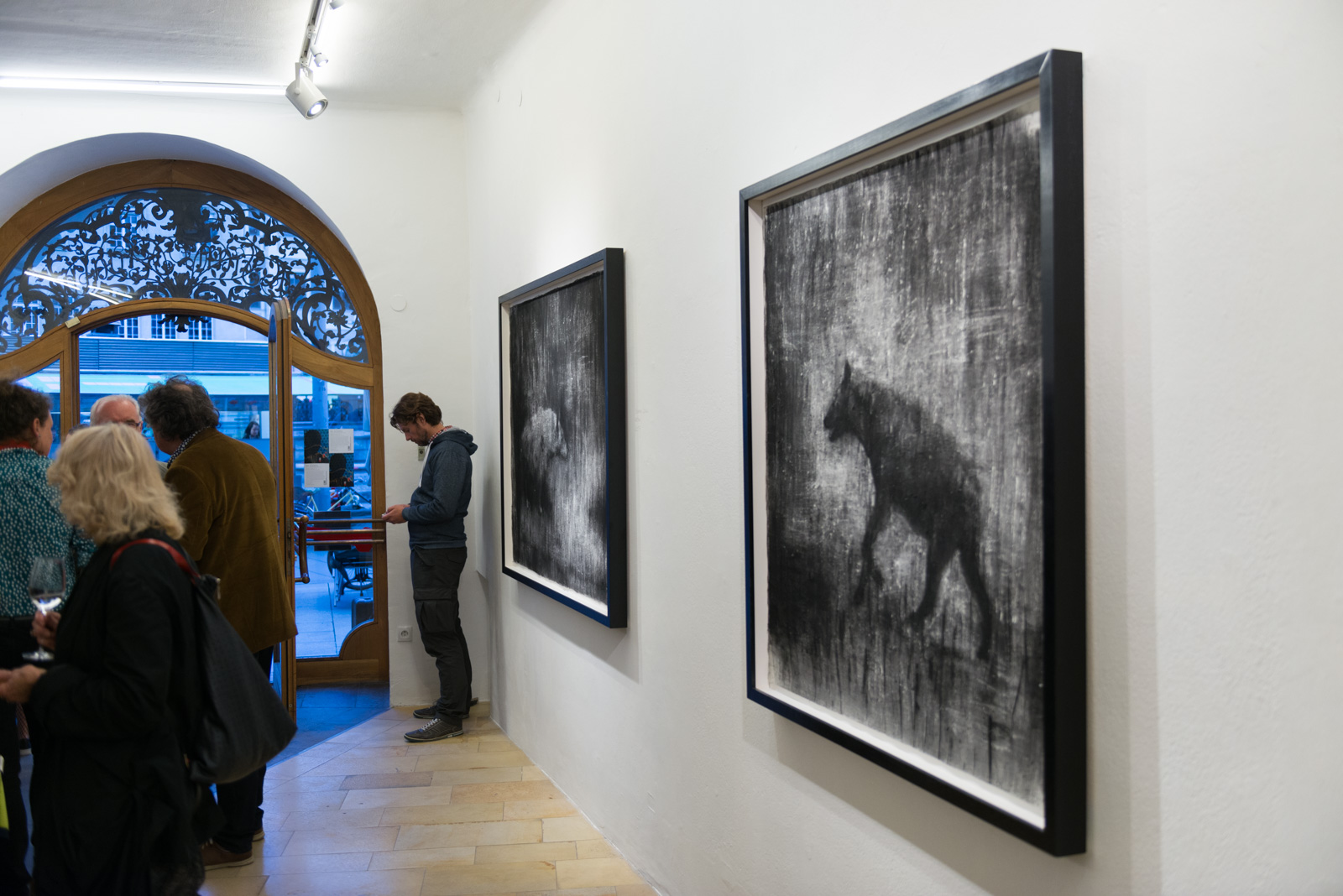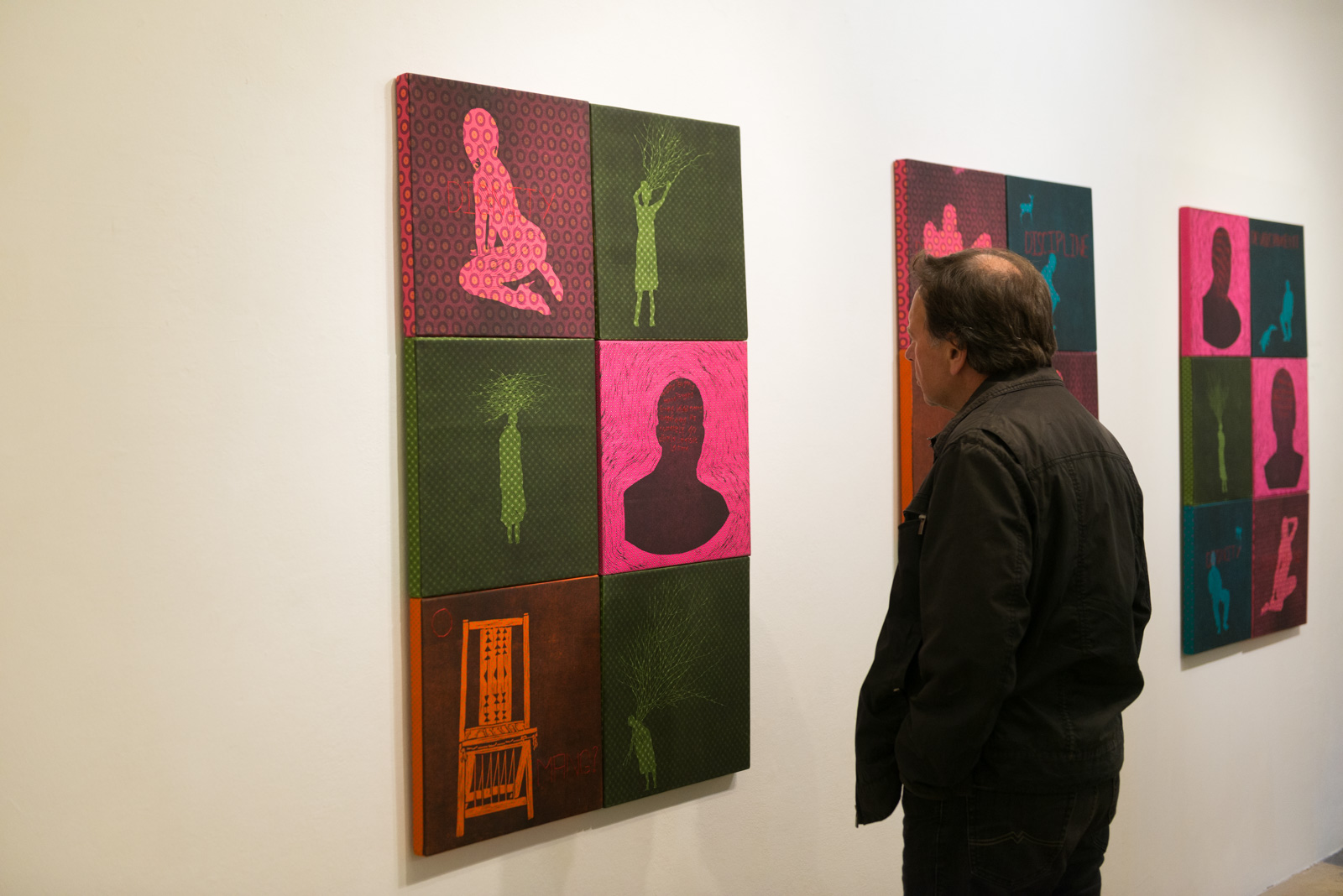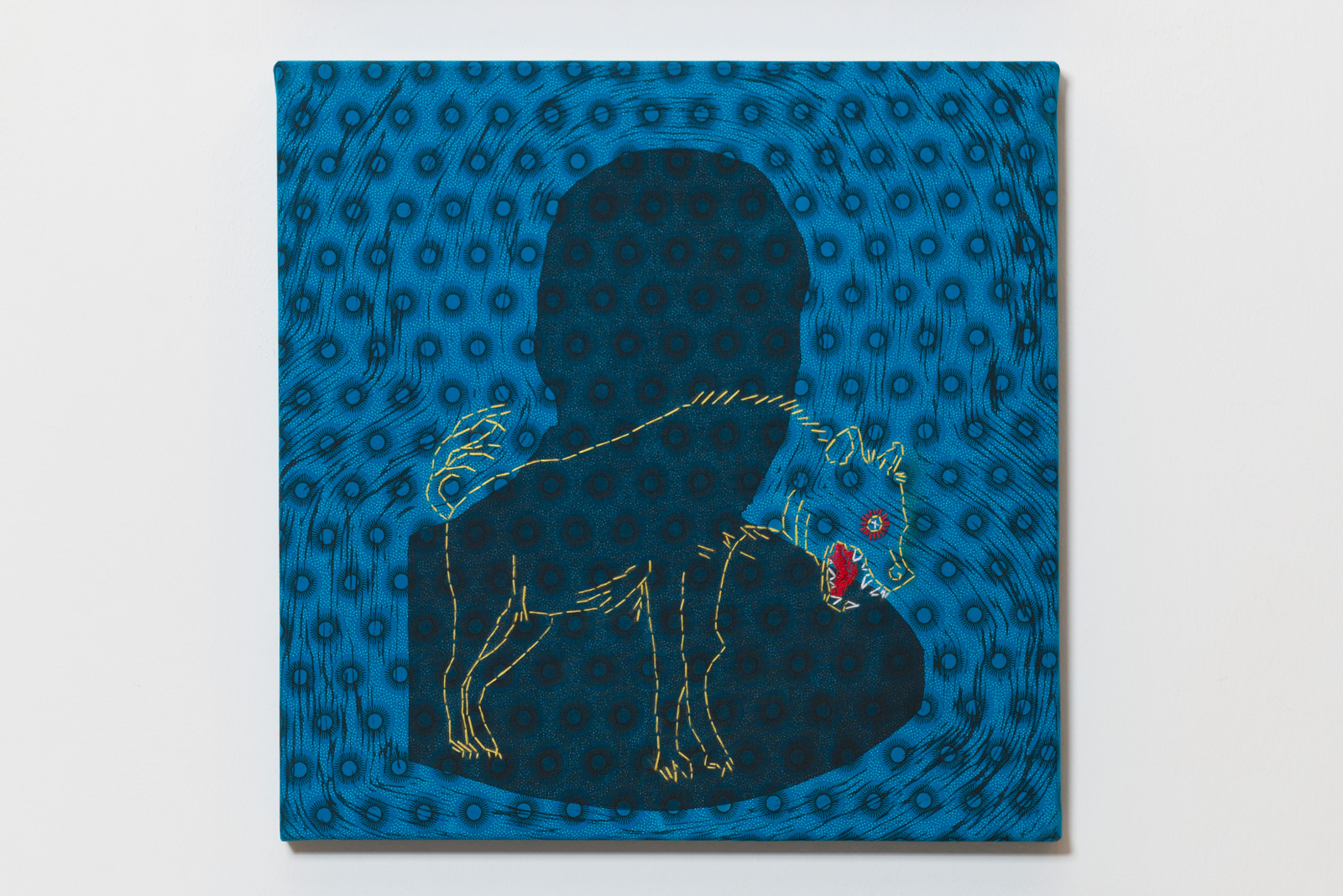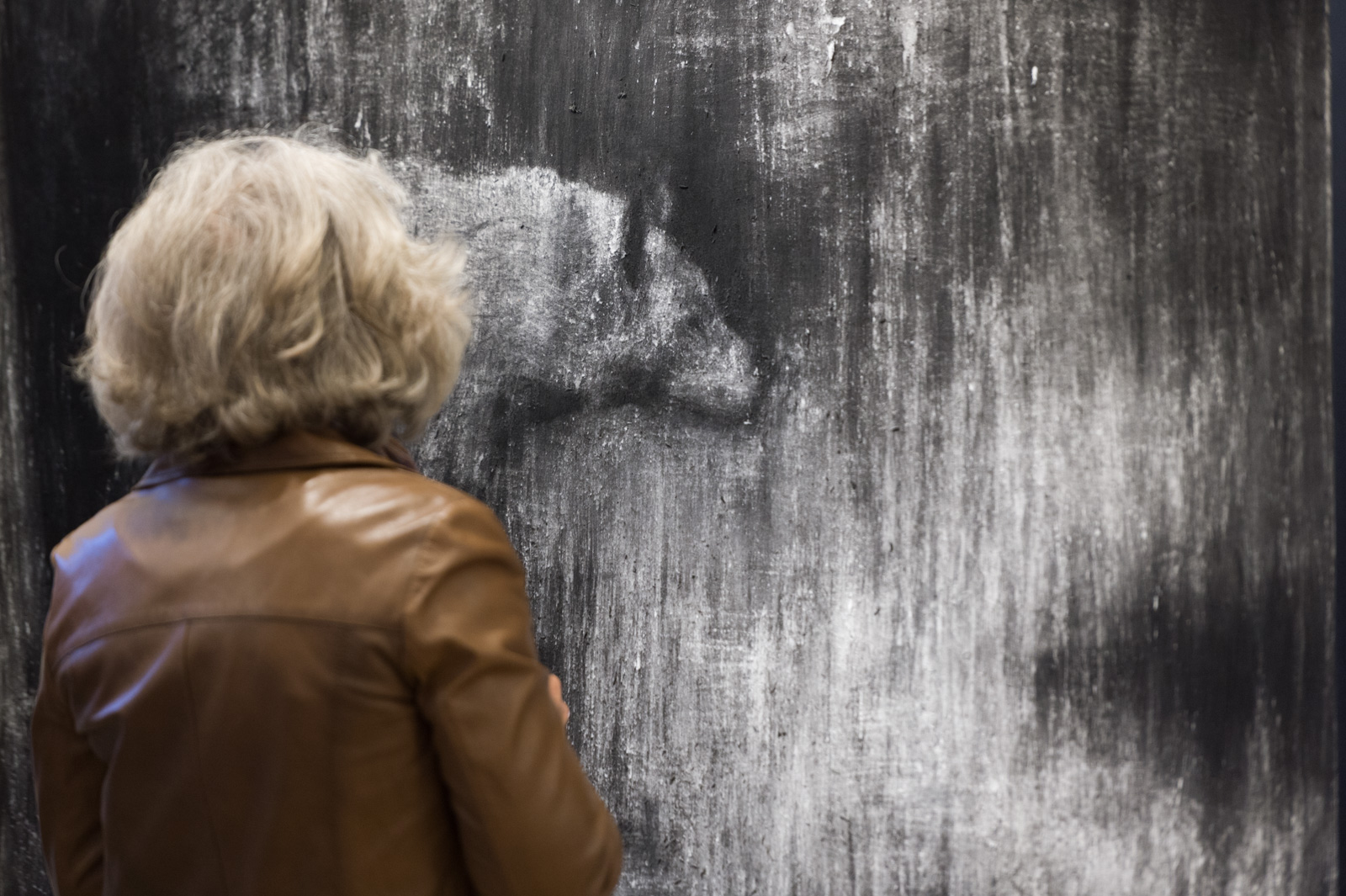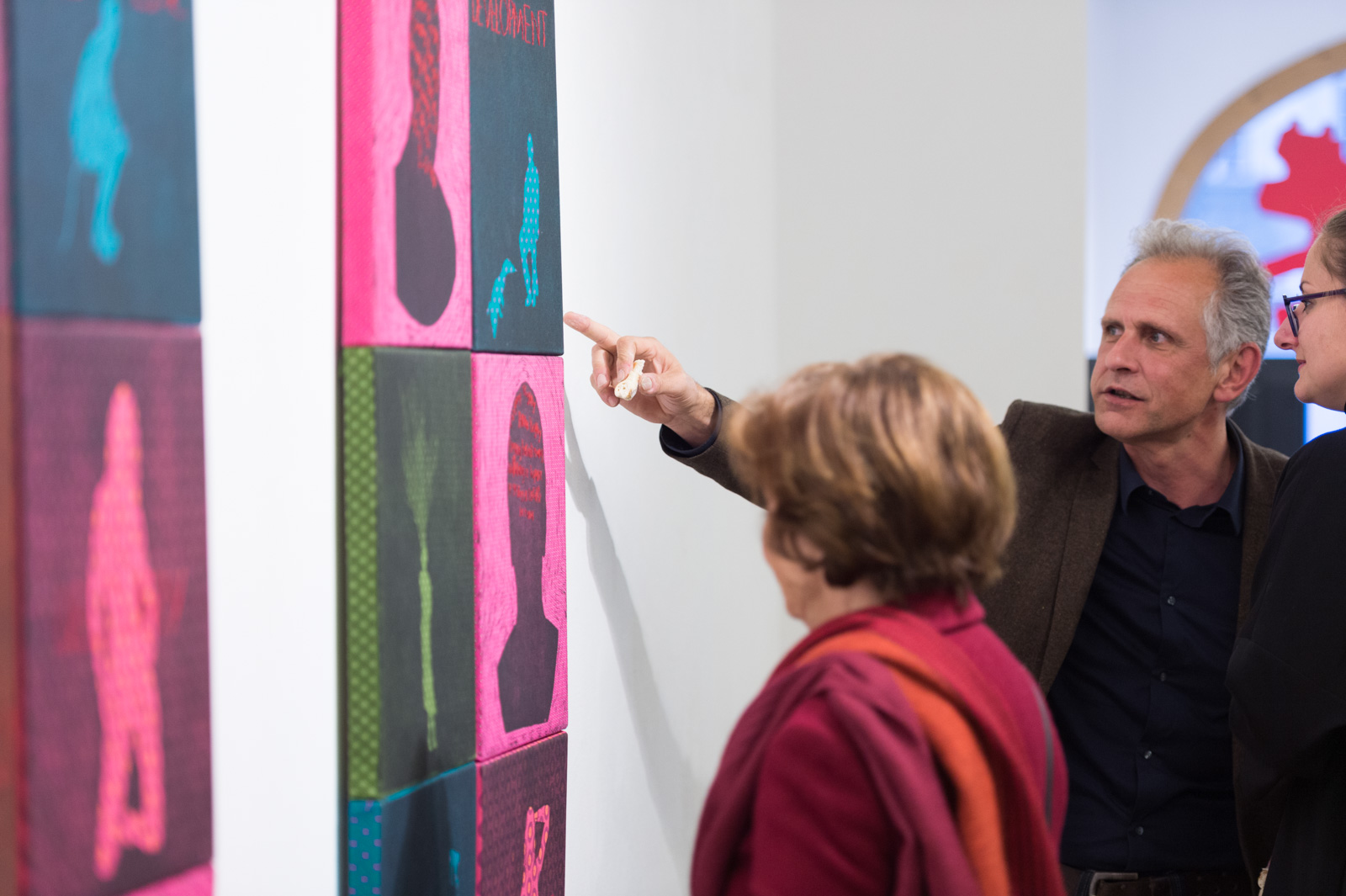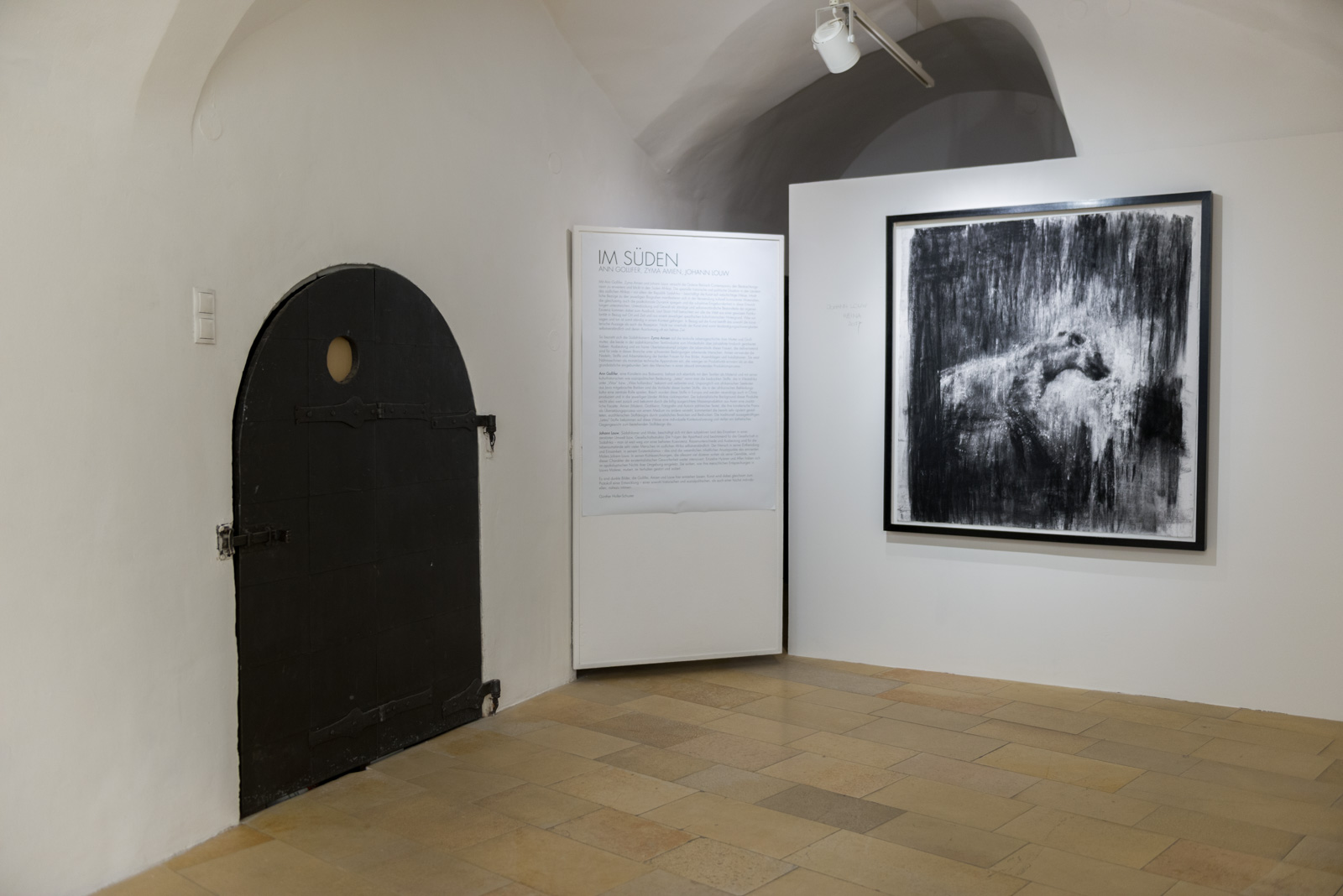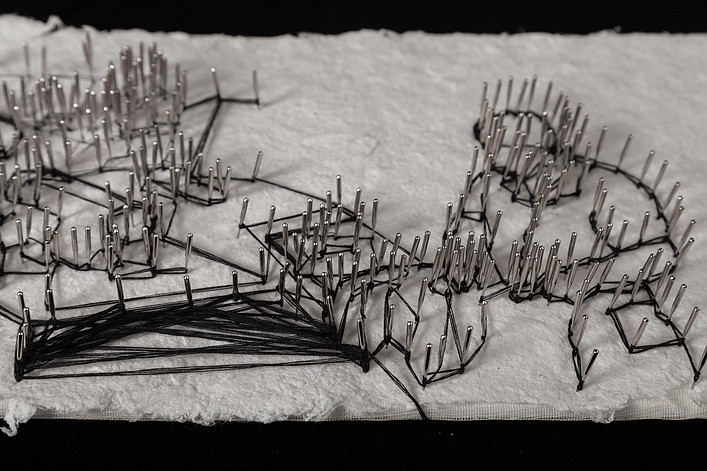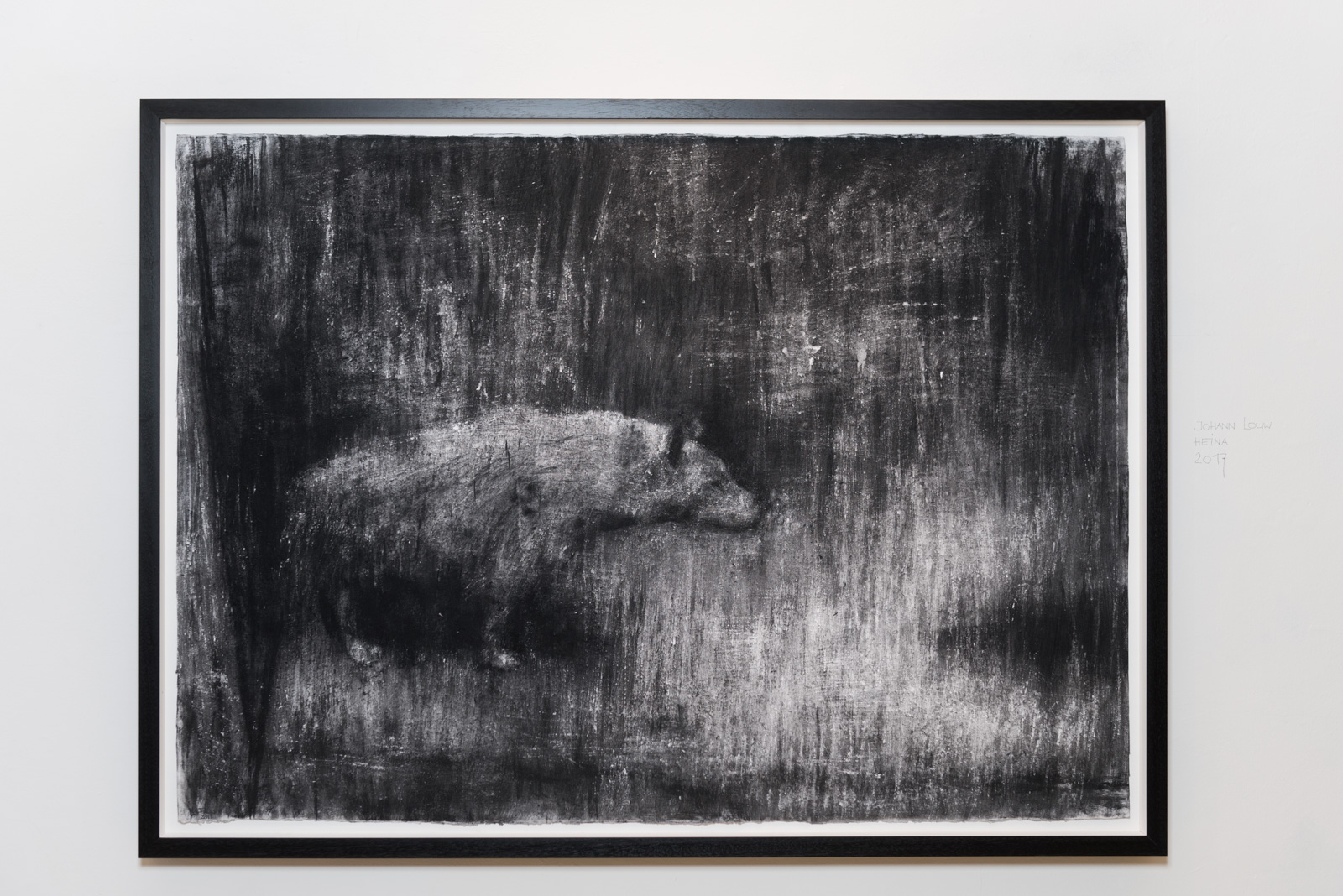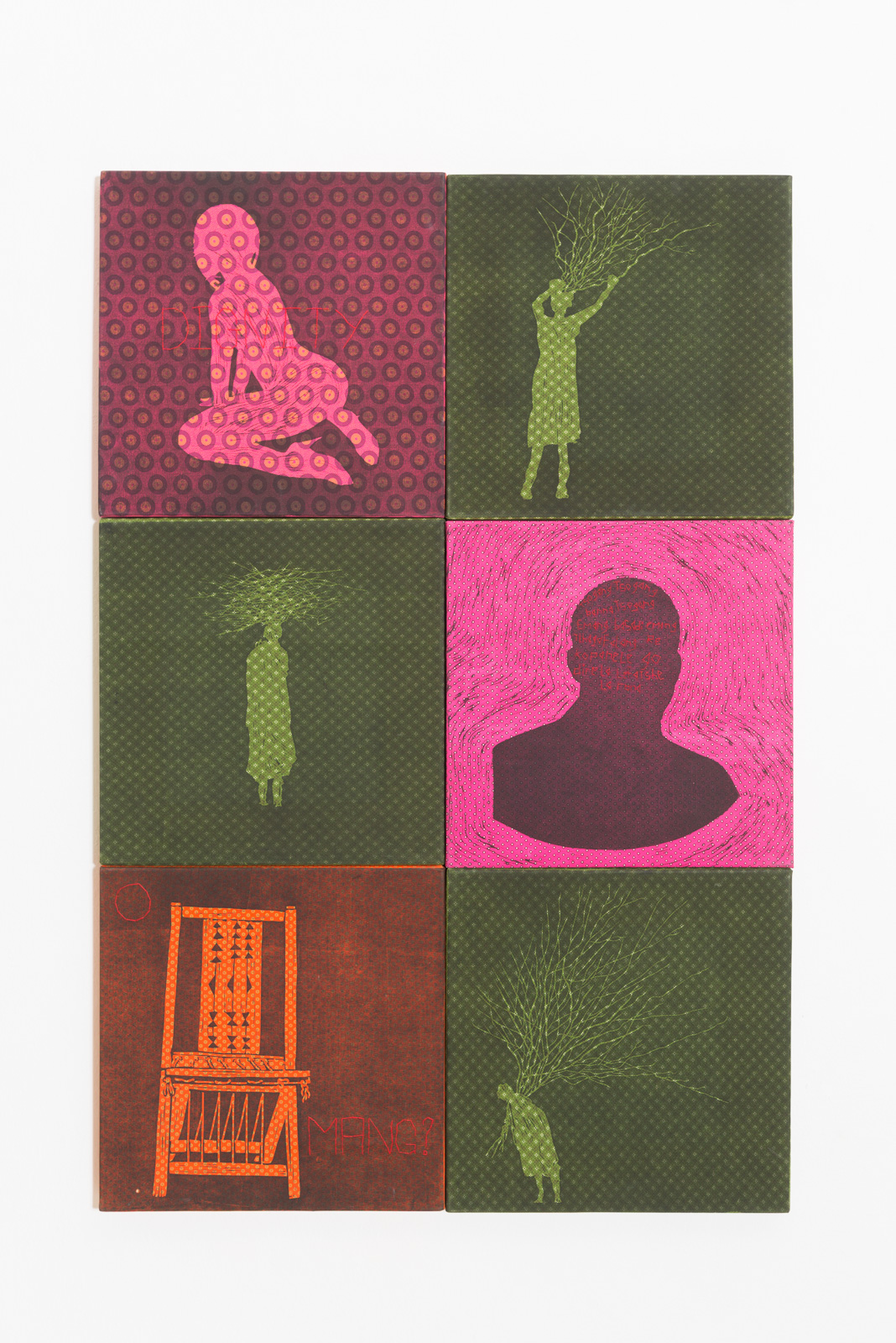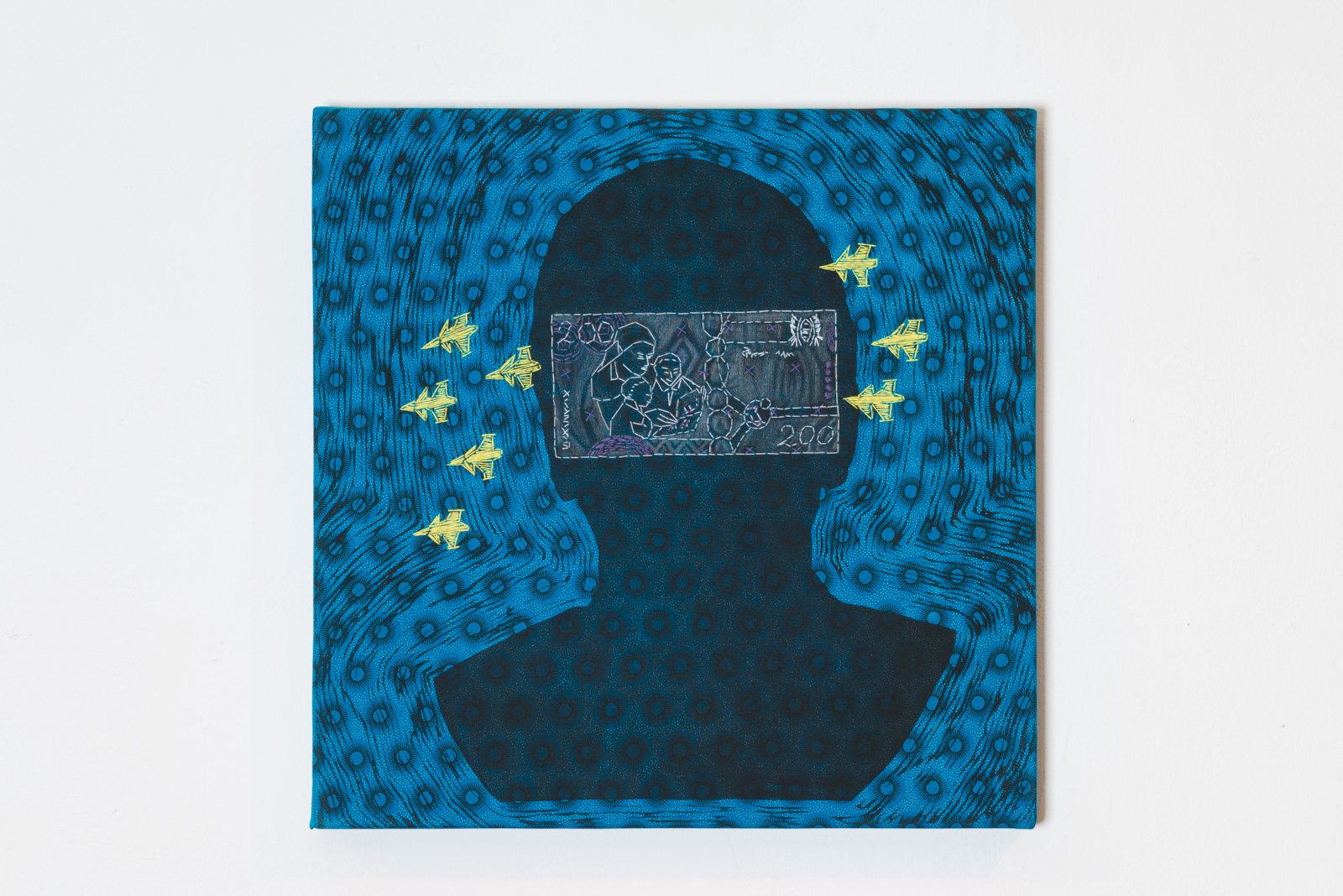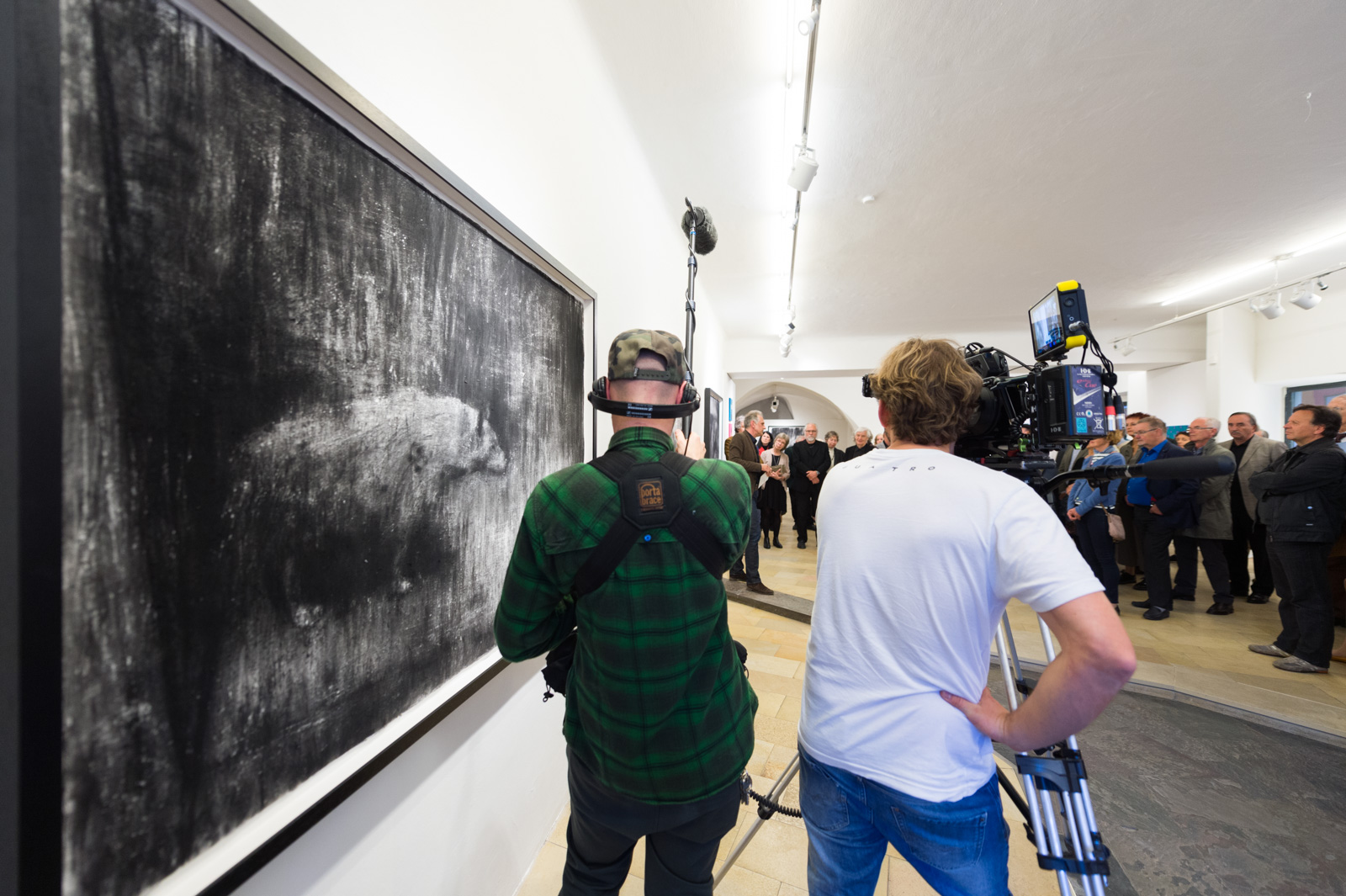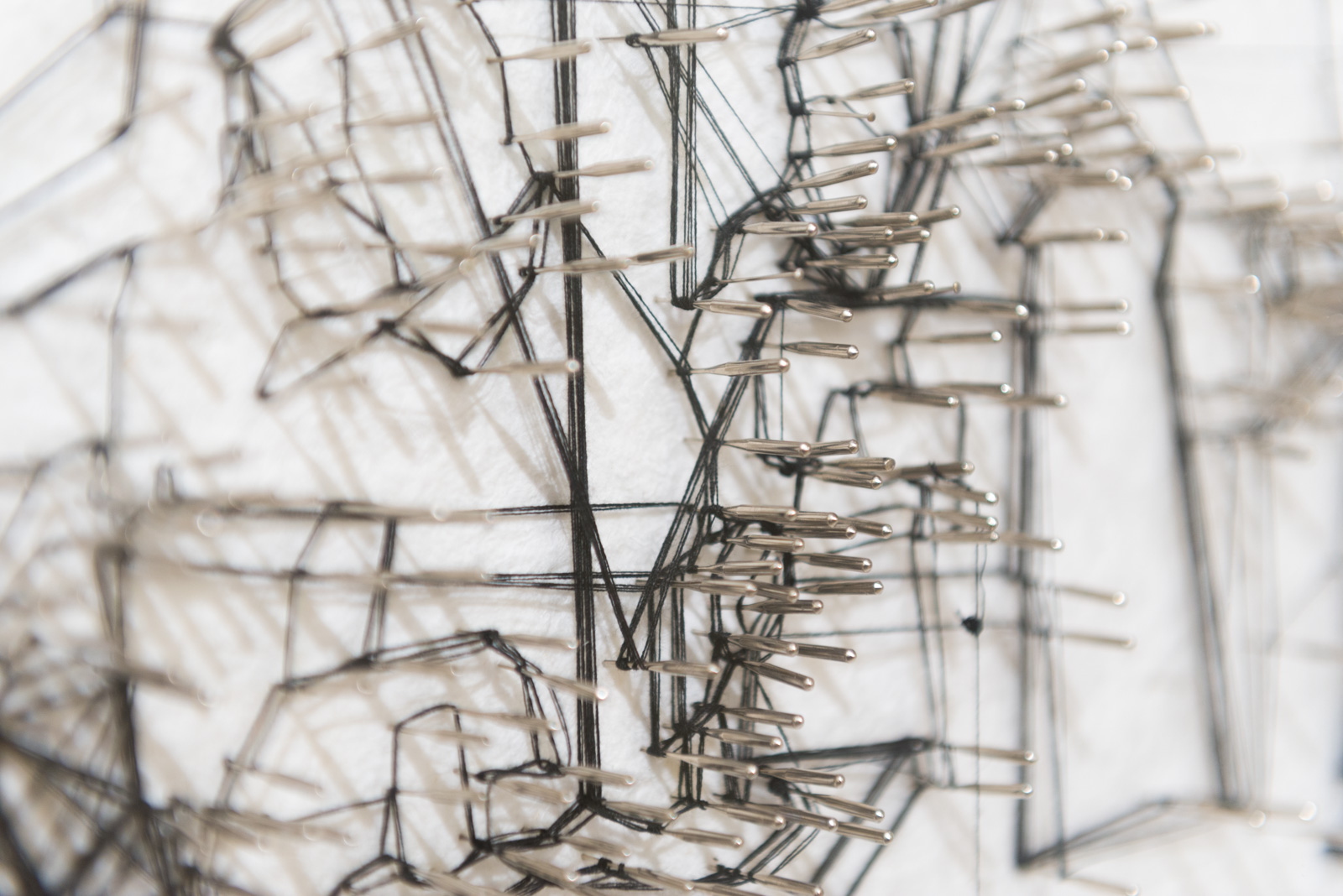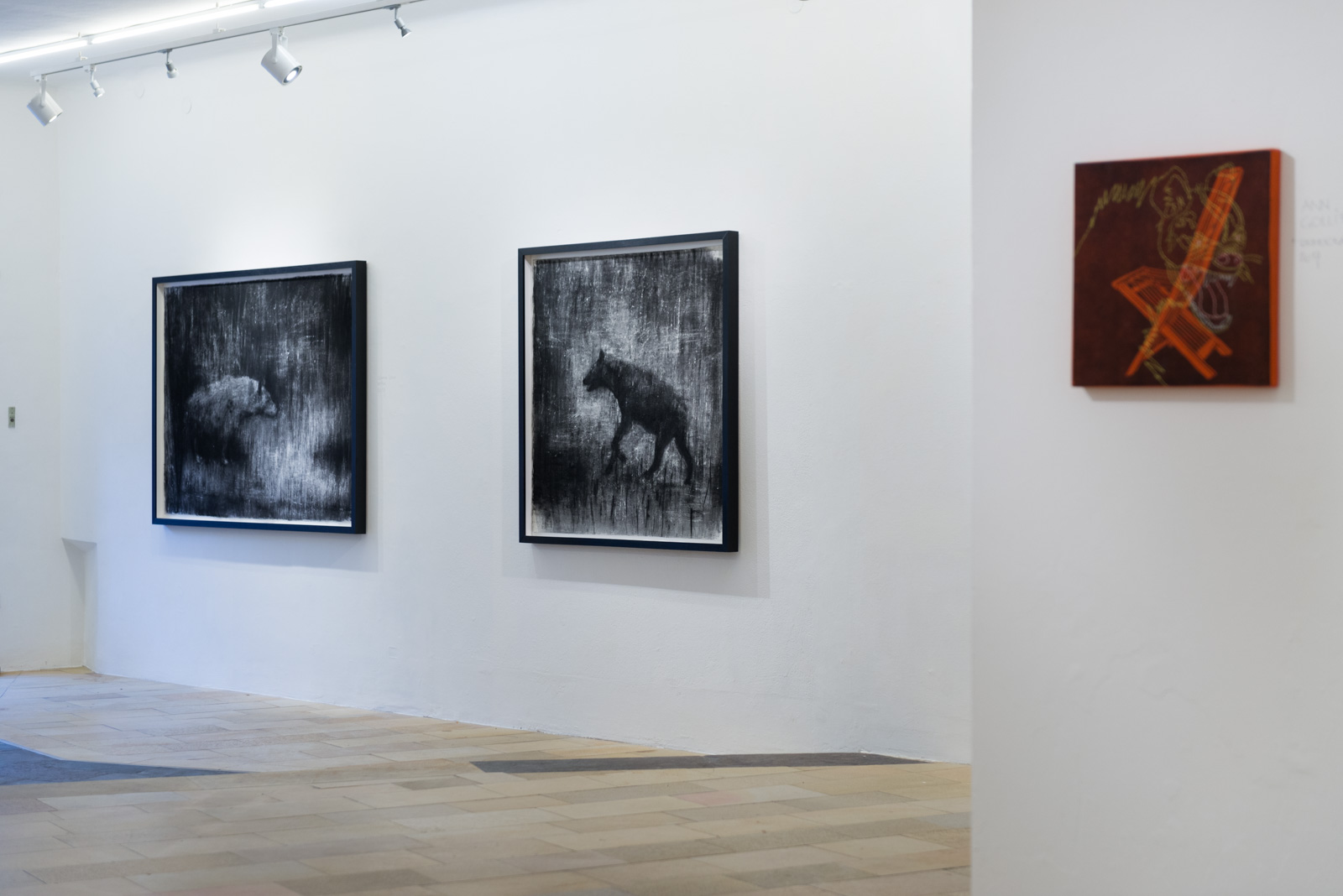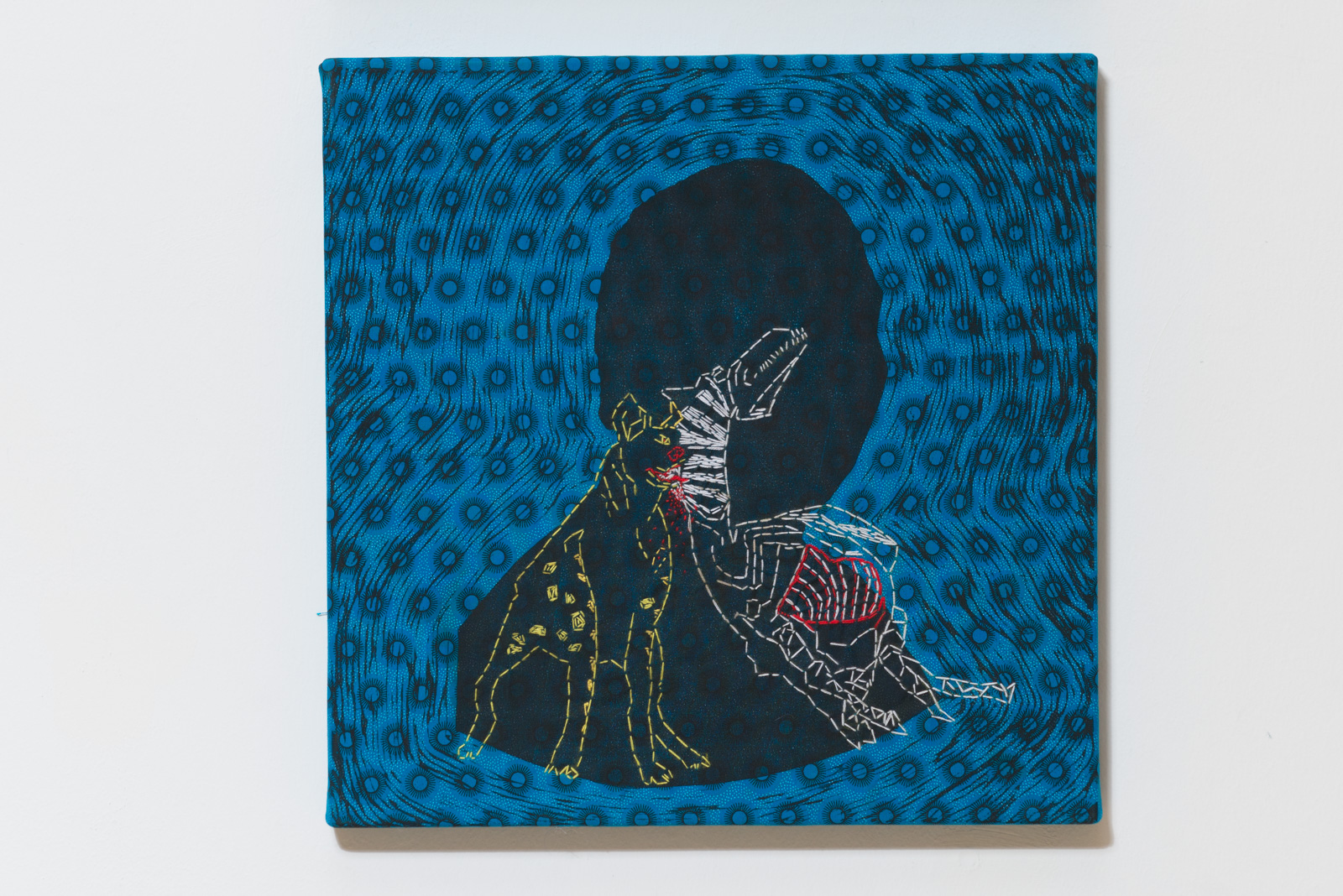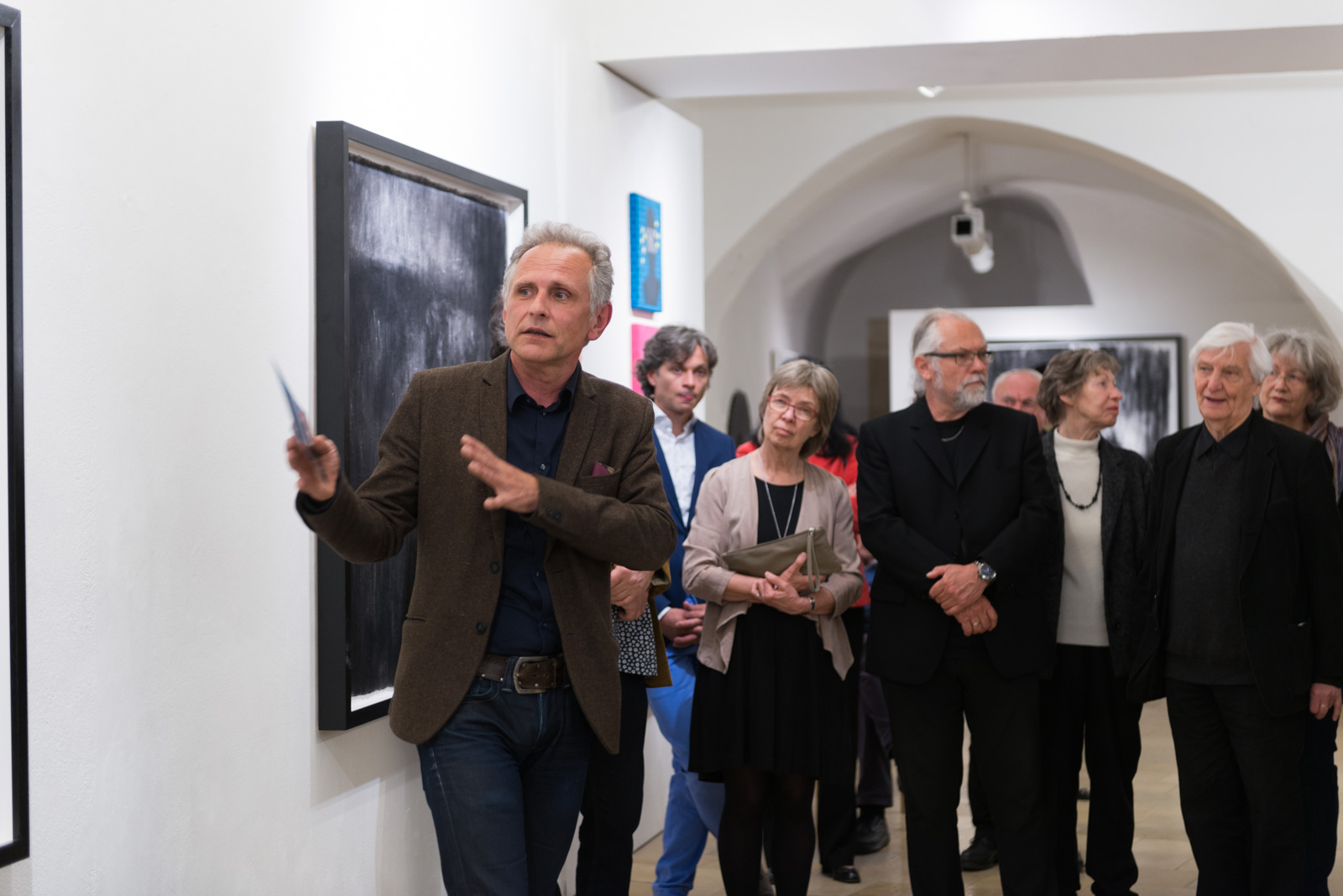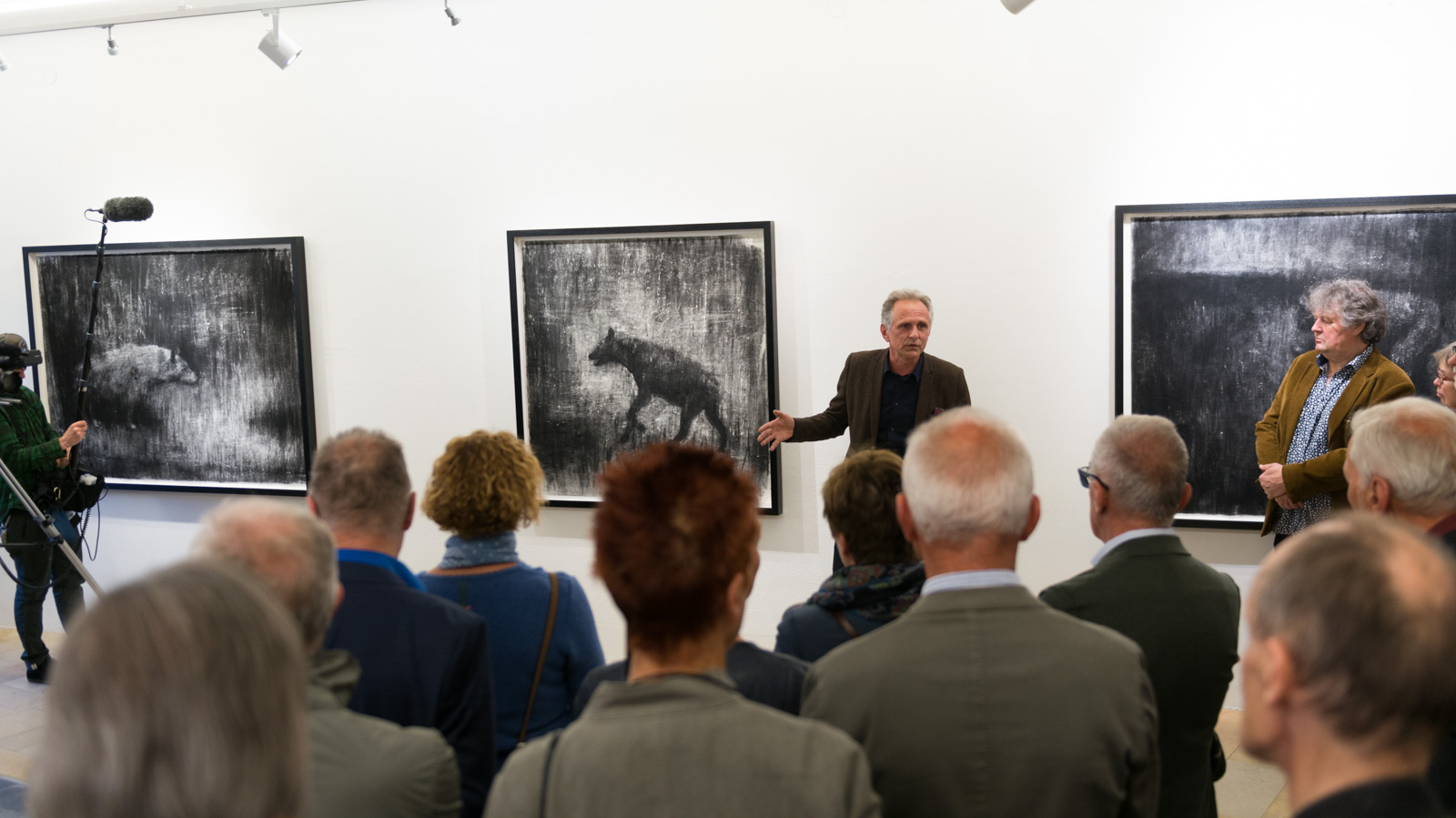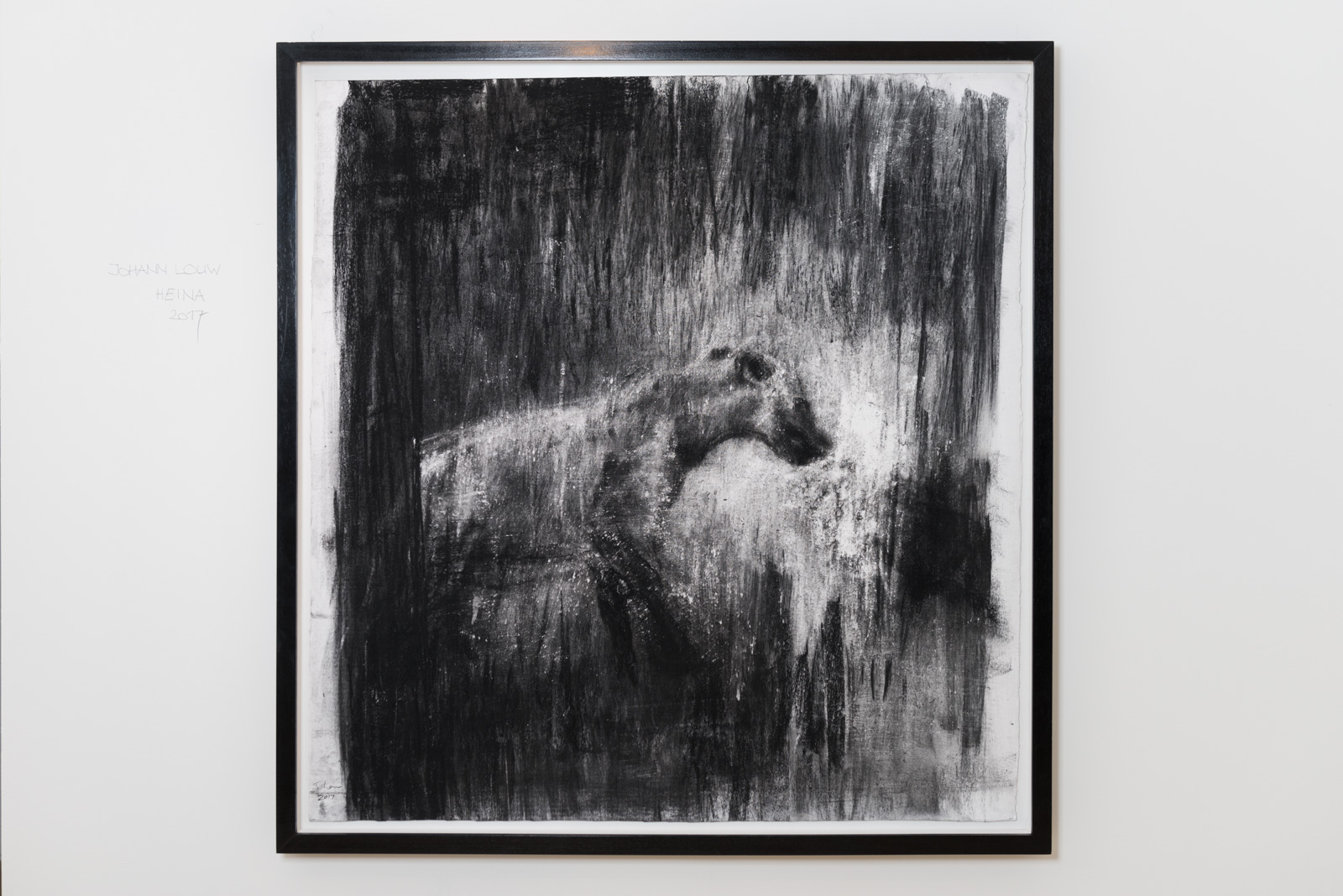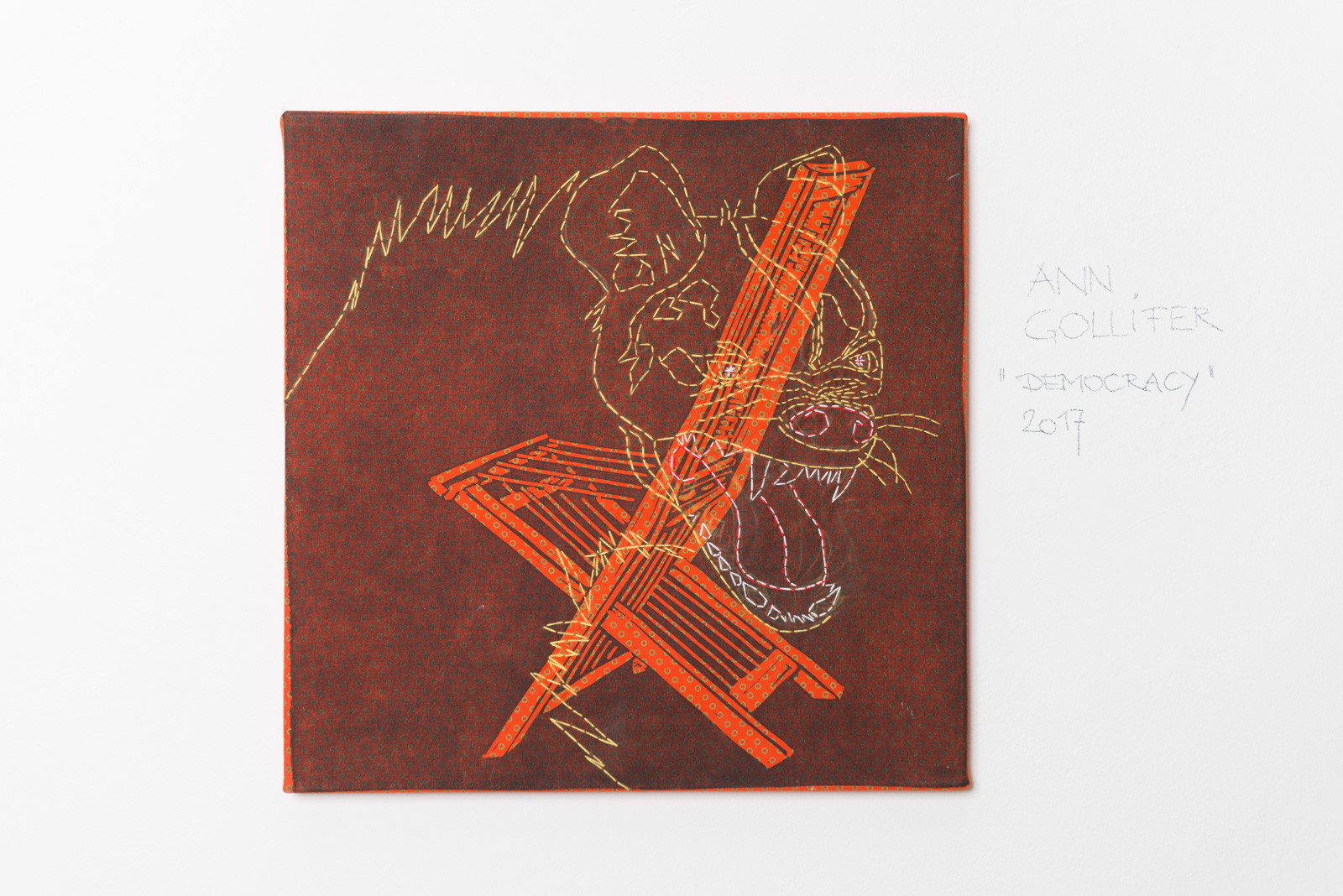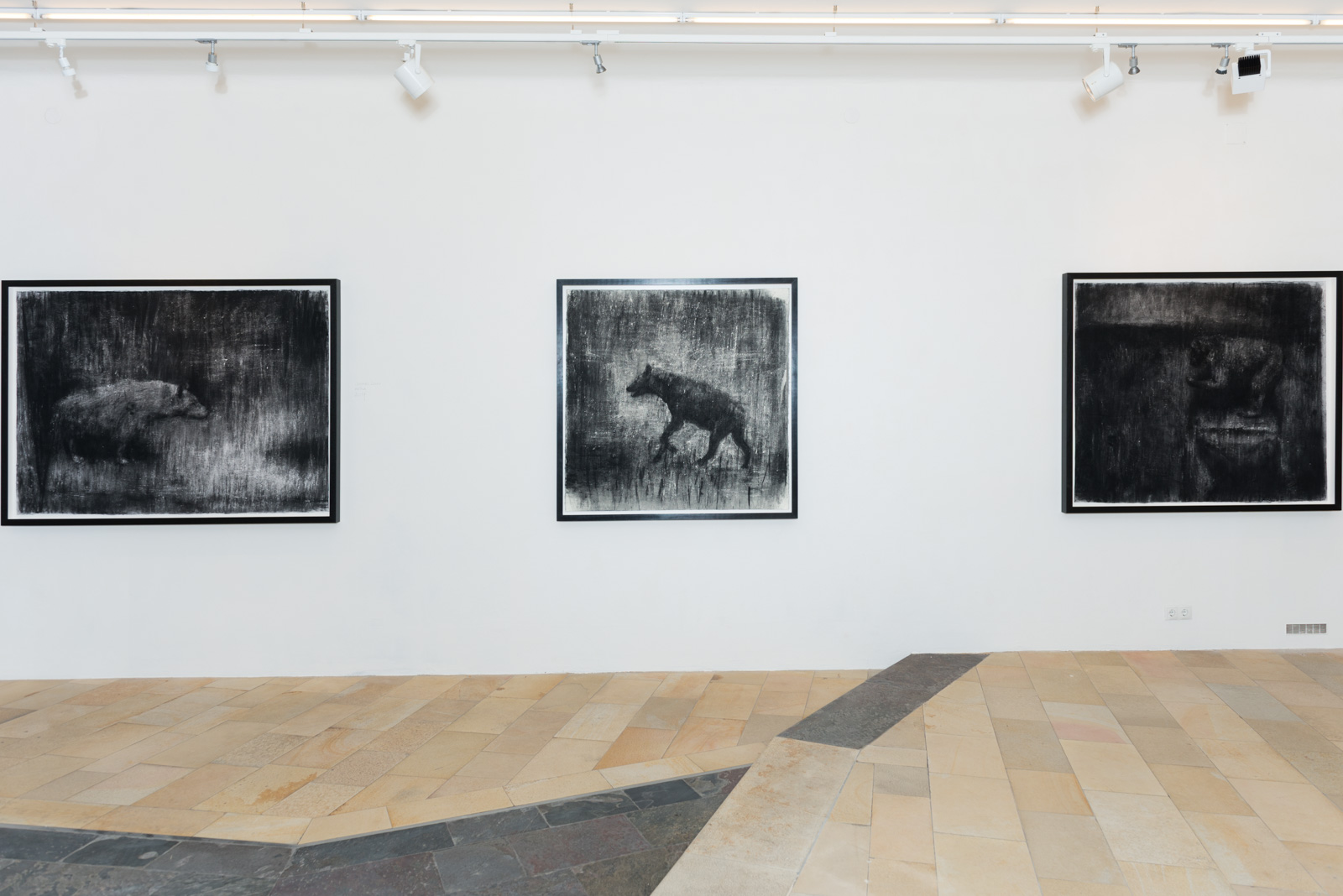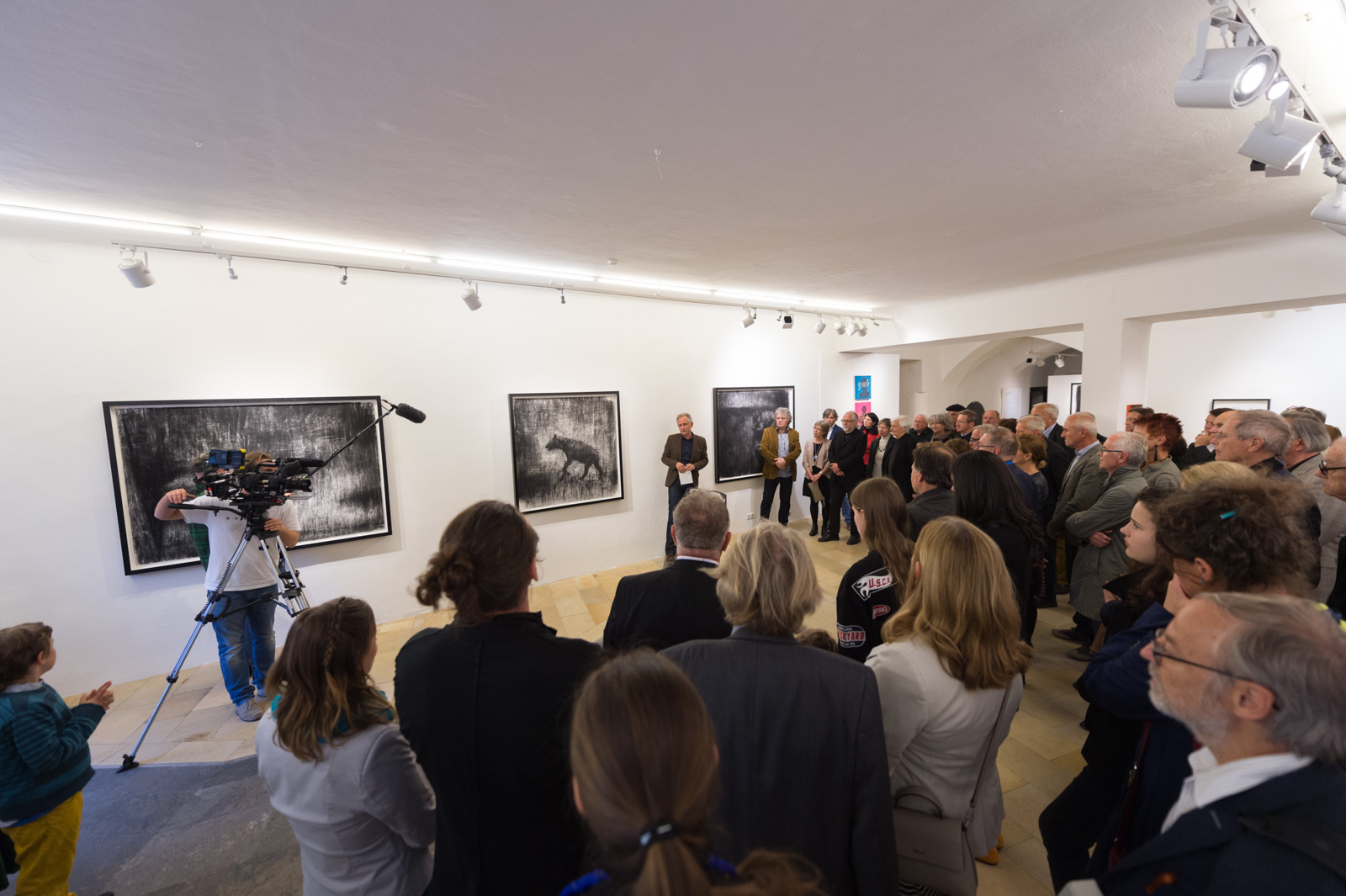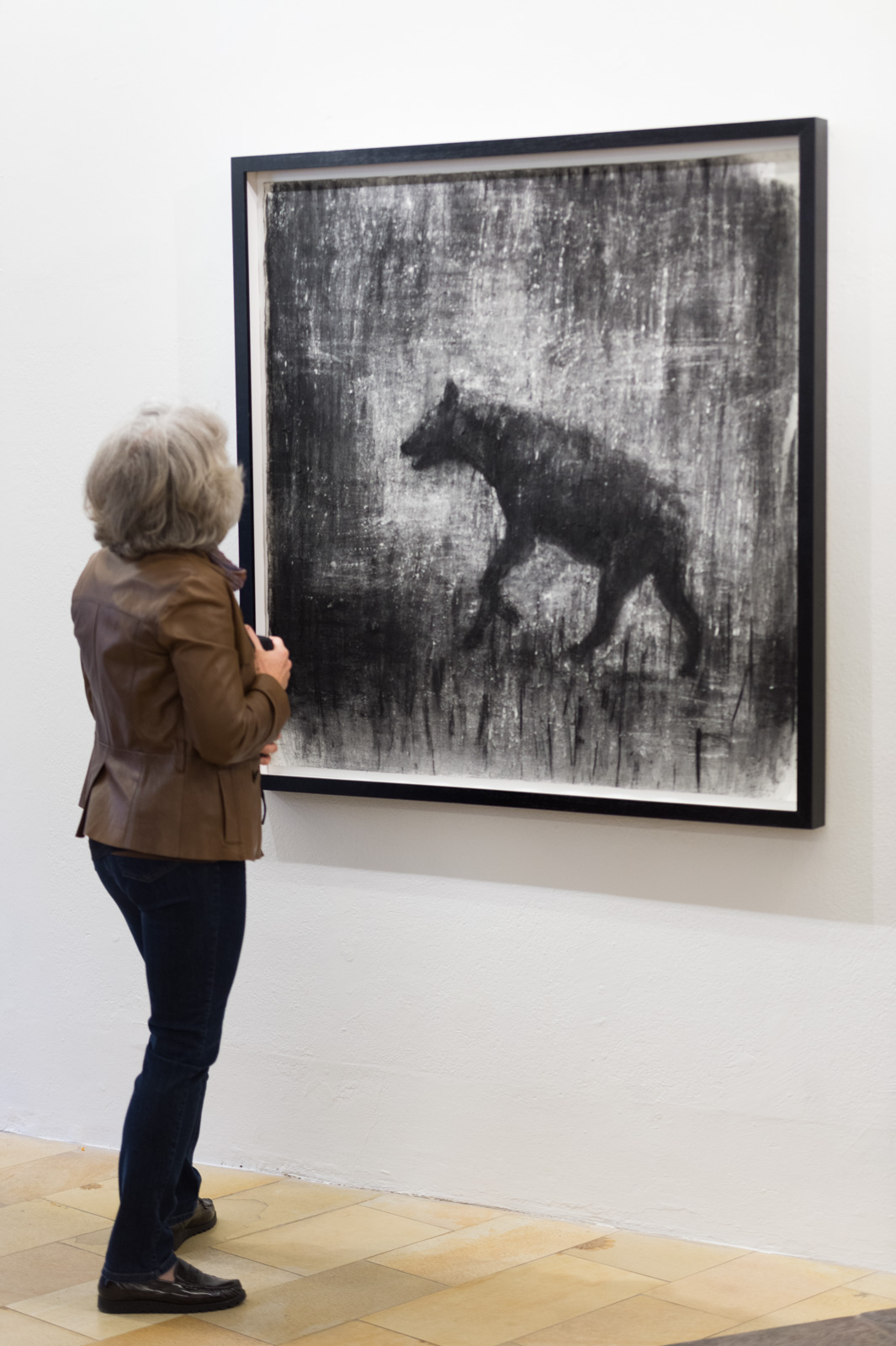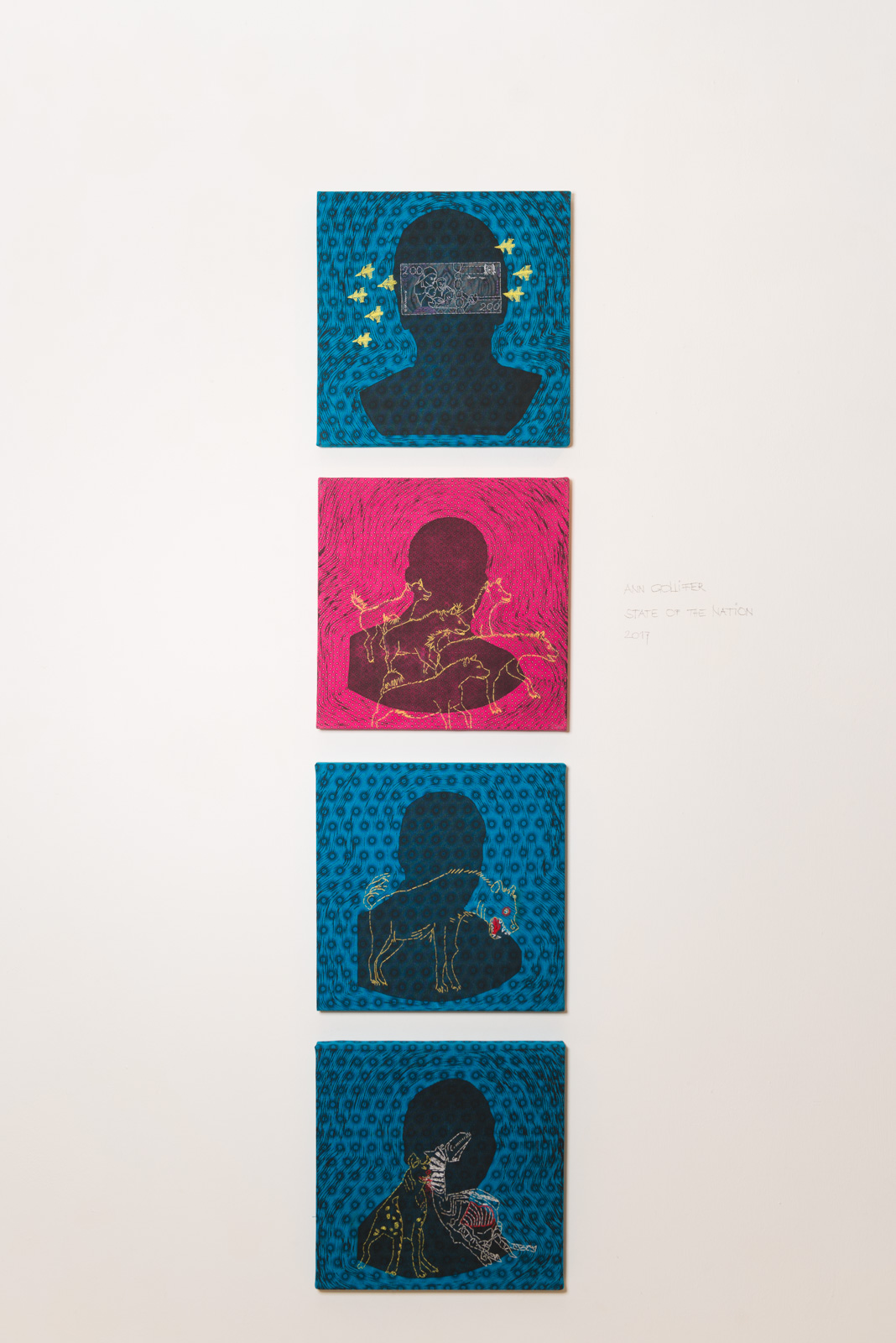Opening 9th May, 7pm
Introduction by Günther Holler-Schuster
In the course of ‘Gallery Weekend Graz’ (Galerientage Graz) the exhibition will already be open frolm 5th to 7th May
Exhibition until 3rd June
With Ann Gollifer, Zyma Amien and Johann Louw the Austrian gallery Reinisch Contemporary expands its observational space, casting its glance to the African South. The special historical and political situation of the countries ofsouthern Africa – primarily the Republic of South Africa – occupies art in a variety of ways. Content linked to the respective biographies manifests itself in the cultural connotations of materials used, which also reflect postcolonial dynamics and underline the subjective integration into these developments. Repression and violence, as constant and givencomponents of one’s existence, are expressed in the process. According to Stuart Hall, all of us observe the world from a certain particularity related to place and time, and our respective cultural-historical background. What we say and do is, as such, caught within a certain context. In relation to art, this affects both the artistic statement as well as its reception. Problems of communication are, thus, a matter of course and their eradication often a noble goal – not only within art.
South African artist Zyma Amien references the painful life stories of her mother and grandmother, who both spent decades working in the South African textile industry for minimum wage. Exploitation and the harsh fight for survival marked the personal histories of these women, who – representative of many in this industry – laboured under the most difficult conditions. Amien uses the needles, fabrics and work uniforms of both women for her paintings, assemblages and installations. She employs sewing machines as monstrous technical apparatuses, which are less representative of productivity than of the basic integration of humans into a seemingly absurd production process.
Ann Gollifer, an artist from Botswana, also deals with textile materials and their cultural-historical, as well as socio-political, significance. ‘Letesi’ is an expression for the printed fabrics known and distributed as ‘wax’ or ‘wax hollandaise’ in western Africa. Javanese batiks brought back by African seafarers were the original predecessors of these colourful fabrics, which play a central role in African sartorial culture. These fabrics were soon produced in Europe and, more recently, also in China, from where they are re-imported into Africa. The colonialist background of these products is far-reaching and attains an additional facet through their cheap mass production in Asia.
Amien (painter, graphic designer, photographer and author of numerous texts), who sees her artistic practice as a process of translation from one medium to the other, comments on the already opulent, narrative fabric designs by applying additional embroidery and prints. This way, the traditionally expressive ‘Letesi’ fabrics obtain individual contextualisation and represent an aesthetic counterbalance to existing fabric designs.
Johann Louw, South African and painter, occupies himself with the subjective suffering of the individual within a devastated environment and societal structure. The aftermath of Apartheid is a defining feature of South African society – far removed from liberated coexistence. Racial differences and exploitation are a given for very many people in southern Africa. Human alienation, loneliness and existentialism – these are the essential starting points for the eminent painter Johann Louw. In his charcoal drawings, all of which seem much bleaker than his paintings, the atmosphere of existential thrownness is further intensified. Individual hyenas and monkeys have settled in the apocalyptic nothingness of their surroundings. Like their human counterparts in Louw’s paintings, they appear mutated, behaviourally deranged and isolated.
These are dark images, which Gollifer, Amien and Louw originate here. Art becomes, as it were, a protocol of development – one that is historical and socio-political, as well as highly individual, almost intimate.
Günther Holler-Schuster
